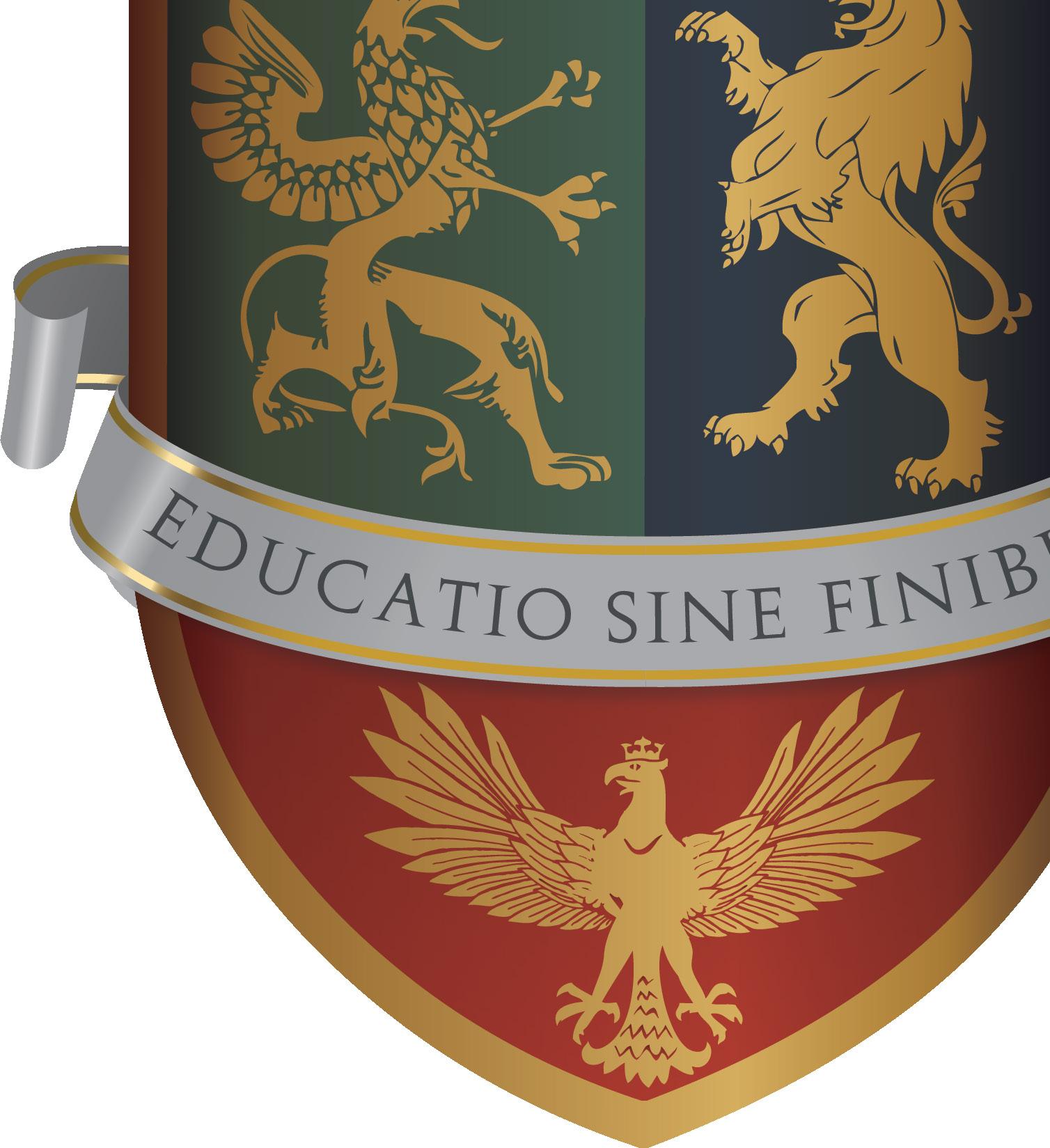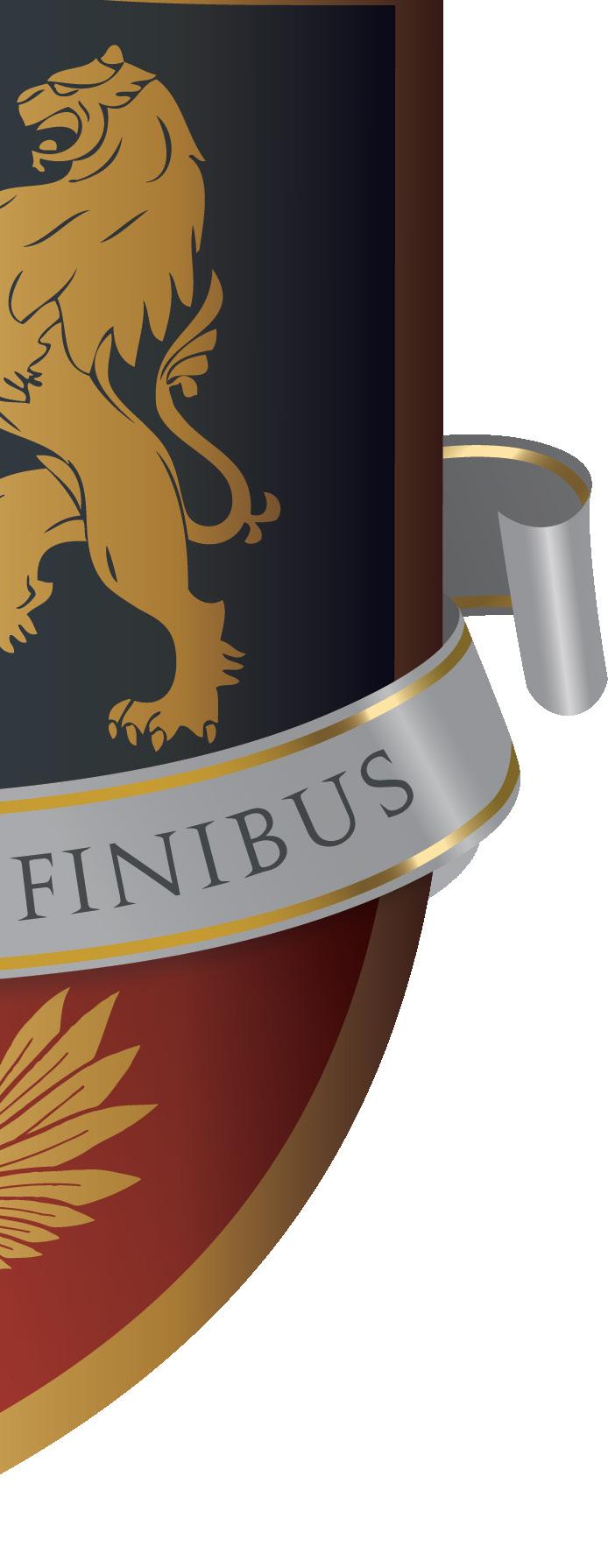


The school promotes the fundamental British values of democracy, the rule of law, individual liberty and respect, and tolerance of those with different faiths.
“ “







The school promotes the fundamental British values of democracy, the rule of law, individual liberty and respect, and tolerance of those with different faiths.
“ “



WWe are very pleased that you are considering enrolling your children at the lnternational British School of Bucharest.
At its very heart, IBSB is a warm and friendly school, offering an educational experience that is greatly enriched by the diversity of our students and staff, who join us from as many as thirty countries around the world, coming together as a single community, contributing to our colourful cultural calendar, enlivening debate, and teaching us the importance of respect and tolerance- two of our seven core values.
As an international school located in the very centre of Bucharest, we are uniquely placed to take full advantage of the learning resources and opportunities at our doorstep, believing that our students learn as much from inside the classroom as they do from the real world around them.
Pastoral care and student wellbeing provide the bedrock of our educational programme, with a school nurse, two full-time student counsellors, and an extremely experienced pastoral care team available to provide the support and advice needed as our students mature into young, confidant adults.
The quality of the “ “
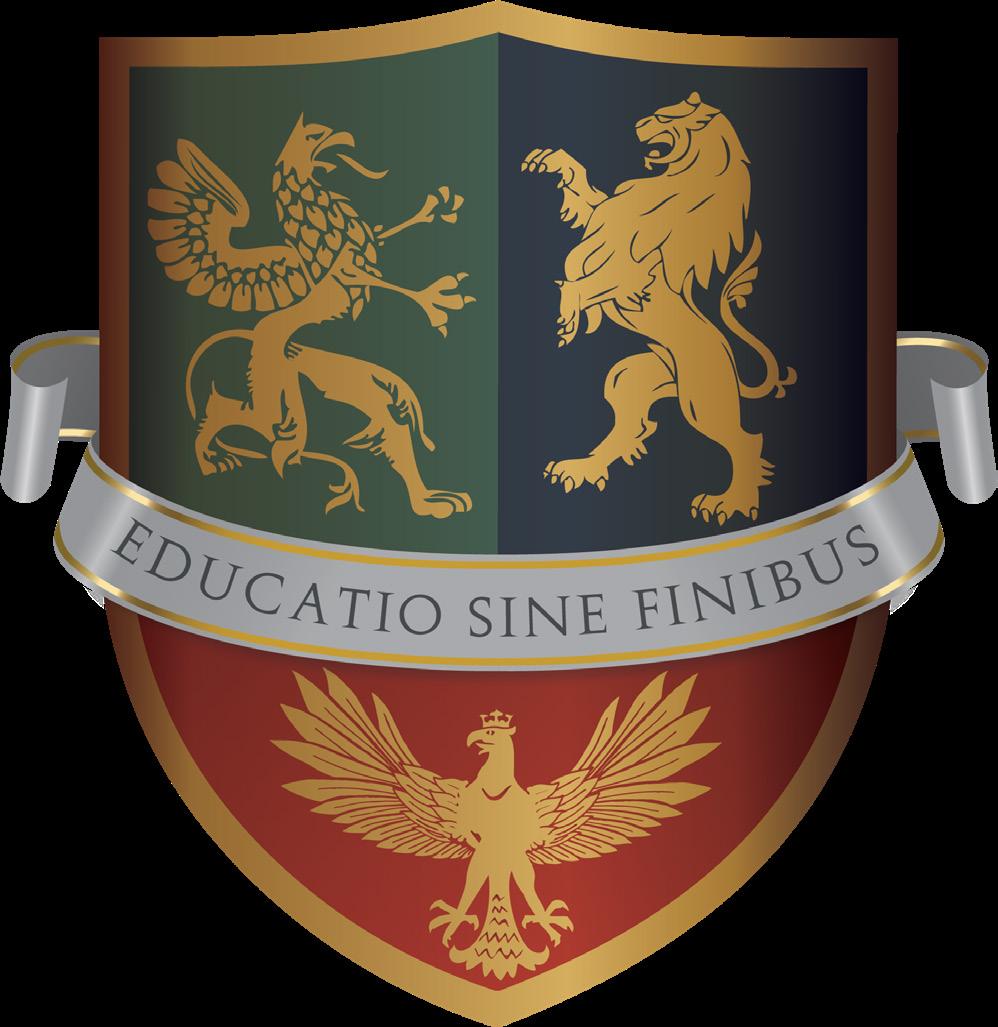
For the new students joining us, be assured that we have a wellorganised induction programme to help you settle in quickly, including an intensive English language programme rated outstanding in our last Quality of Education ISI Inspection. At all times, students health and wellbeing come first at IBSB, with a zero tolerance policy to bullying. Teamwork and collaboration are central to the way we work and students are encouraged to contribute positively to the lives of their peers.
Community Action Service plays an important role within our school curriculum, working in close partnership with a number of local charities to provide opportunities for our students to experience the fulfilment that comes from helping those in need, to better encourage our students to grow into caring, socially-minded individuals who value all people in the community, understanding we each have something worthwhile to contribute.
All students joining IBSB are expected to apply themselves academically, setting high aspirational goals and engaging in a rigorous programme of study, supported by our highly experienced, inspirational team of teaching staff.
As a High Performance Learning School, we believe fundamentally that all students possess the ability to acquire the Values, Attitudes, and Attributes and Advanced Cognitive Skills needed be become successful High Performance Learners. .
We are incredibly proud of the progress our students achieve each year, with attainment levels across the curriculum well above the national average of England, resulting in 95% of our students being offered a place in the top 5% of universities worldwide, icluding many top 100 universities such as Oxford, LSE, and UCL to name just a few.
In choosing to enrol your children at IBSB, you can be confident that you are choosing a school that offers proven academic results year after year.
You are also choosing a school with a well-established cocurricular programme, offering students a wide variety of day and residential trips, lunchtime activities and after school clubs, a wellorgansied Work Experience Programme, a strong CAS Programme and Creative Arts Programme, the International Duke of Edinburgh Award, a wide range of Sporting opportunities, and a colourful array of school events and interschool events to enrich the lives of our students both on and off campus.
This is an exciting time for everyone at IBSB, as we work closely with our students and ‘parents as partners’ to build on our HPL World Class School Membership, working toward The NACE Challenge Award to ensure the learning experience remains at the frontier of educational reform, believing that education is not only about maintaining outstanding exam results, but also about building character, instilling core values, developing confidence, and supporting the emotional and social development of our children.
Welcome Message from Executive Director
Message from Head of School
EAL: English as an Additional Language
MAT: More Able and Talented
SEND: Special Educational Needs and Disabilities
Overview
School History
School Aims
Mission & Vision
School Philosophy
Our Core Values
High Performance Learning
The National Curriculum of England
EYFS
Key Stage 1
Key Stage 2
Key Stage 3
Key Stage 4
Key Stage 5
Academic Pathway
Homework Guidelines
Examination Results
Top IBSB Graduates
University Applications
University Destinations
Student Counselling Services

House System
Prefect and Ambassador System
Pupil Parliament and Student Executive Committee
School Trips
lnternational Duke of Edinburgh Award
CAS: Community Action Service
Work Experience
Communication
Health and Safety
Transport
Food
Admissions Policy and Procedure
PTF: Parents, Teachers, Friends
School Accreditation
At
students learn the true value of teamwork, whilst becoming compassionate, caring adults with the ability and confidence to pursue their dreams.
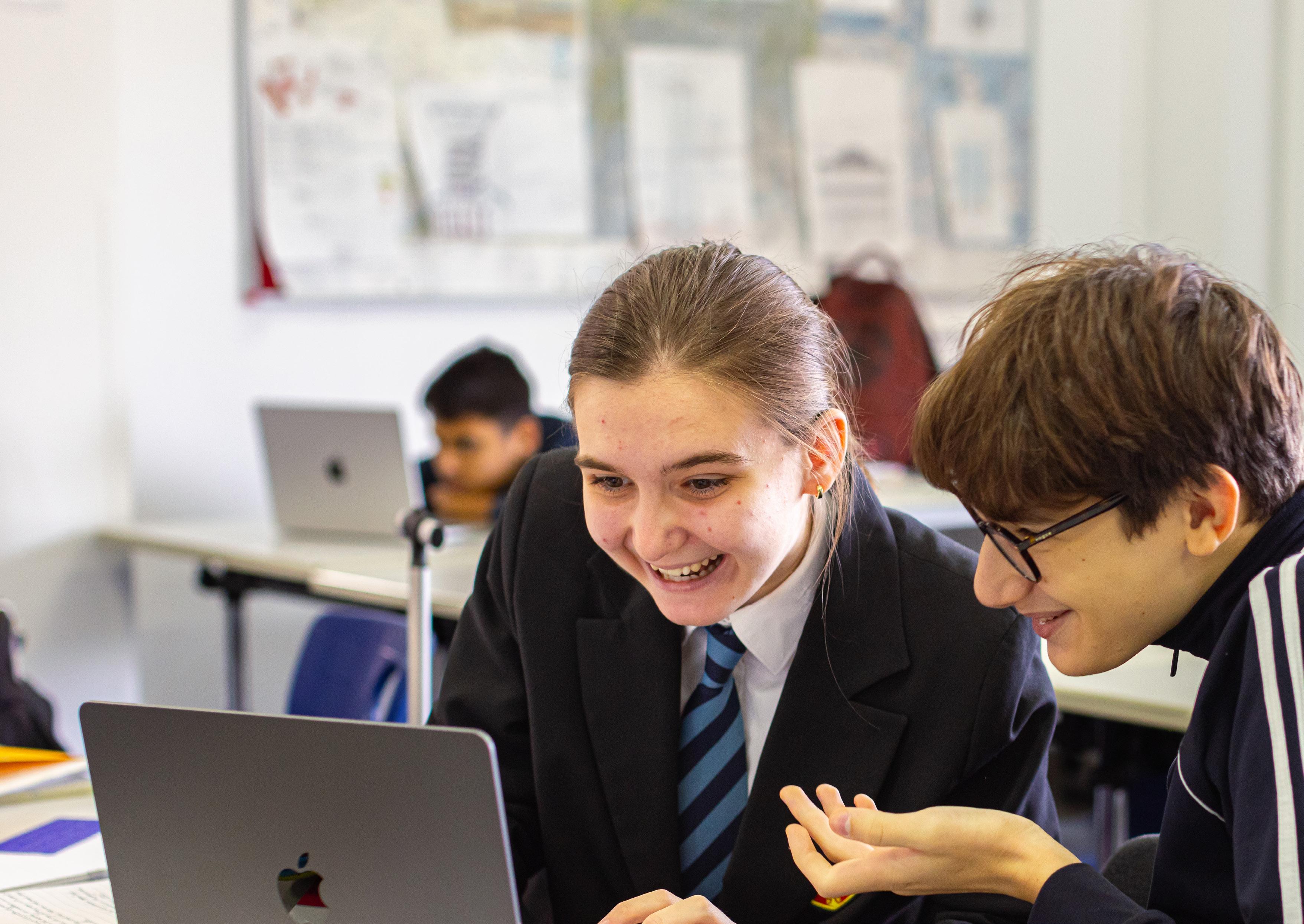
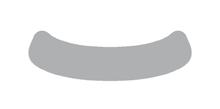


The pupils achieve exceptional levels of personal development, feeling secure and valued in the friendly and mutually trusting ethos, which prevails throughout the school.

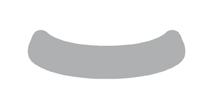
II believe the school years are the golden years of our life. They teach us a lot about life and about ourselves; establishing friendships that last a lifetime and offering guidance in how to achieve a sense of wellbeing and happiness in our life. Every year in school is special, each for a unique reason! Therefore, it is my hope that IBSB contributes not only to the education of our students, but also helps them develop from their early years into happy, confident teenagers and responsible, young adults.
Taking a quick glance over the past 24 years, I am proud to see how much IBSB has developed and grown on all levels. The school opened its gates in September 2000 with only 12 students and 8 members of teaching staff. Starting as a small family, we put a lot of heart, hard work, and effort into what we wanted to build, and those who joined us have become a part of our journey, each contributing to help us develop into the school we are today.
The school’s growth has not been solely confined to the number of children enrolled- last year the school reached its highest capacity of 480 students - but also to the development of international recognition and accreditation. Our initial goal was to obtain full accreditation membership in COBIS (Council of British lnternational Schools) as proof of our high international standards of education, and we successfully obtained this distinction in 2004 as a result of several inspections. The school is also now an Accredited Member of AoBSO (Association of British Schools Overseas), ISC (International Schools Council), a NACE member school, and an accredited Cambridge and Edexcel Examination Centre.
One of my personal challenges was to obtain recognition by the Romanian authorities, and after several years of discussion, our school became the first international school in Romania to be officially recognised by the Romanian Ministry of Education in April, 2008.
More recently, in 2022, we had our triannual UK Department for Education school inspection by ISI (lndependent School lnspectorate) and as a Accreditated BSO (British School Overseas), and was awarded ”Excellent” across all areas of the school, confirming that we continue to offer a standard of education in line with the top schools in the UK and around the world. We have also maintained our COBIS (Council of British Schools Overseas) Accredited Member Status, providing us with the many benefits of COBIS community membership. Most recently we became the first High Performance Learning School in Romania and are now the only school in Romania that is a member of the prestigious Fellowship and Global Community (FGC) of HPL Schools This process of accreditation is just part of our ongoing commitment toward maintaining the highest educational standards, ensuring our students are equipped with the knowledge and skills to succeed in 2030 and beyond.
Education is the key to success in the modern world, providing opportunities and opening the doors of possibility and potential. In preparing our students to take that big step, we first have to understand what that step represents for us, as it determines the programme that we offer. For many, that step means gaining admittance into a top university in order to complete one’s education, and thereafter to be offered a job in a good company with attractive career prospects, or perhaps for the more ambitious to start your own company and to create your own enterprise. These are all very worthy goals and ones that will certainly bring about financial security.
At IBSB we strive to provide an educational programme that motivates our students to become life-long learners, to improve our students’ self-esteem and confidence, and to educate our students as ethical citizens and effective leaders, with strong moral values.
Our priority is the welfare and holistic education of all our pupils, without exception, and we are continually working to improve what we do to ensure our students have every opportunity to grow into fine young men and women, willing and able to make a positive contribution to the world we live in.
Our school has already established a proud history of excellence, and we have high expectations for all students in regard to behaviour and respect for others, with a school culture focused on academic achievement, personal growth, and teamwork.
Each year we have more students graduating, travelling abroad to reputable universities and schools of higher learning and as a result more students are joining our school.
Our community is continually growing both in the sense of the number of students attending IBSB and the Alumni that graduate, and as such we have the unique opportunity to have an increasingly significant impact on the world about us. We feel this responsibility and are rising to the challenge of contributing to making this world a better place for all to live in.
I look forward to welcoming you to our school and to supporting you on your learning journey toward your dreams and future aspirations. At IBSB, we have proven that everything is possible, if you have big dreams and are prepared to work hard to make them a reality.
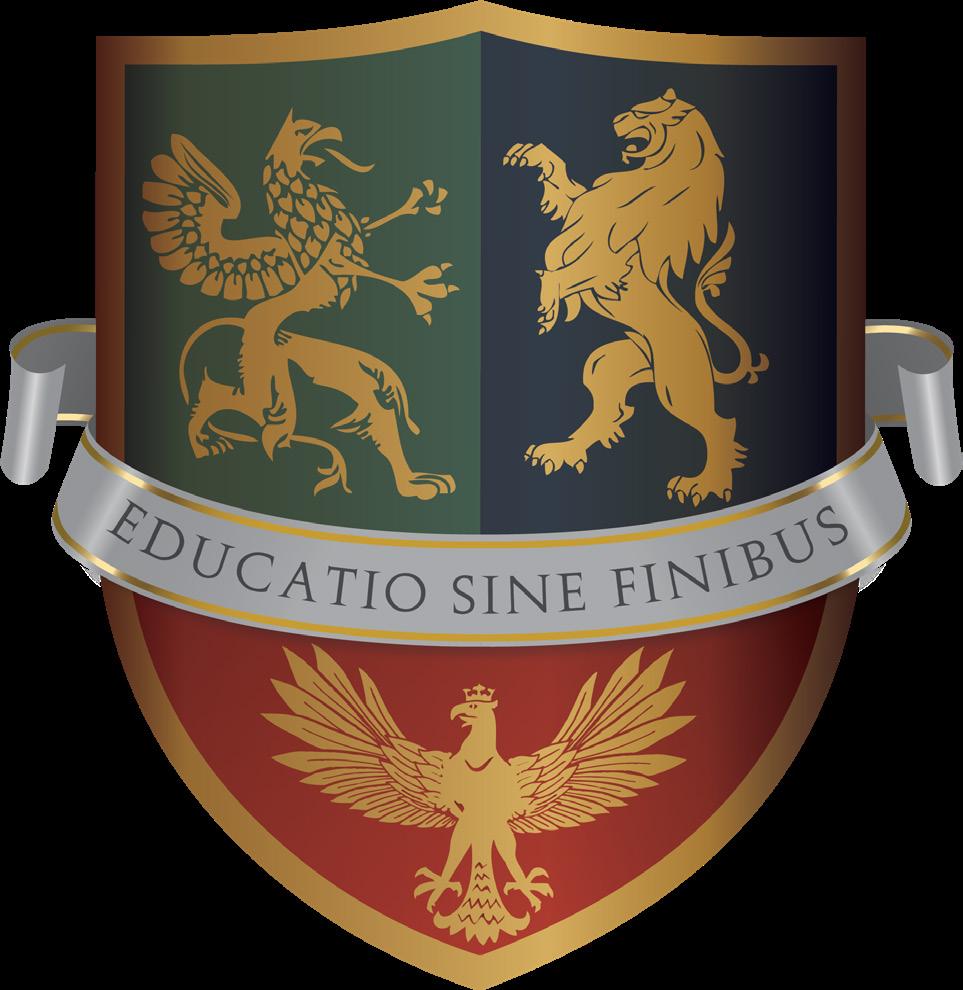

First and foremost, I would like to offer you a warm welcome. If you are reading this message, it most likely means you are considering enrolling your children at the International British School of Bucharest.
If you have been referred to us by a friend or family member, or perhaps a work colleague with a child enrolled at our school, you will already know about the incredible learning experience we offer our children. If you have learnt about us from our website or another source, then it is my sincere hope that the information within this handbook reflects a school with an strong sense of community, where students feel valued and supported, where student wellbeing and teacher wellbeing are central to our school ethos, and where the student and parent voice contributes significantly to the ongoing development on the school.
In choosing to educate your children at the International British School of Bucharest, you are not simply choosing a school, but a school community with a strong and supportive parent body actively involved in the process of educating our children.
You are also choosing to become a partner in the process of education, working closely in collaboration with our dedicated team of teaching staff to help guide and support your children on their individual learning journey. This partnership forms the foundation of our programme and is central to the success of our students, because what happens at home is just as important as what happens in school. Experience has taught us that students, parents, and teachers working closely together in partnership can achieve incredible results, enabling our students to aspire toward their dreams, whatever their specific dreams may be.

Our students in many ways are living proof of this, making above average progress year on year, with attainment results across the curriculum, in both the primary and secondary schools, well above the UK national average, placing us not only in the top tier of high performing schools in the UK, but around the world.
We are extremely proud of the fact that in 2023, 100% of our graduating students received passing grades to enable them to continue on to university, with 80% receiving offers from the top 5% of universities worldwide, including 50% of top 100 universities and some with unconditional offers and others with scholarships. This is not because our students are necessarily brighter than students in other schools, but because they work incredibly hard, receiving the necessary support and encouragement needed to always believe they can achieve the goals they set for themselves.
As a small school, we are fortunate to be able to employ individual student tracking as a standard part of our programme to ensure each and every pupil at the International British School of Bucharest has the opportunity to succeed in their studies. Ongoing feedback is provided by subject teachers at regular intervals so students and parents are aware at all times what level they are currently working at, and what is needed to progress on to the next level. Long-term aspirational goals are broken down into realistically achievable short-term targets which help keep our students motivated as they continue on their learning journey, becoming increasingly confident and secure as independent learners as they move through our programme.
As a NACE Challenge Award School we are able to provide our more able students, a number of possibilities including fast tracking to extend our students beyond National Curriculum expectations. We also have an extensive extracurricular programme in place to provide challenge and interest outside the classroom, with opportunities to develop public speaking skills, engage in debate, attend model united nations conferences, delve deeper into the world of technology and programming, and much more. For more information on The NACE Challeng Award, please refer to the MAT Section of The Parent Handbook.
There are excellent support systems in place to identify and help students where needed, including a strong EAL programme to help new students joining IBSB learn English quickly and easily. We also have two full-time students counsellors on campus and
a well-developed pastoral care system in place to support our students emotionally, as they mature from children into young adults, complimented by a range of academic programmes to offer additional support across the academic curriculum.
Living in a world that is changing rapidly, it is our responsibility as parents to ensure our children are ready and prepared for the challenges that lie ahead. Many prominent business leaders, including Bill Gates, Elon Musk, Jack Ma, and the late Steve Jobs, to name a few, have spoken openly about the changing landscape of business, saying the advent of AI technology will soon do many of the jobs currently performed by humans. We are seeing this already with self-service checkouts and increasingly industrialised production lines and distribution. Knowledge-based education, the foundation of education for the past 200 years, is no longer able to prepare our children for the modern world that awaits them.
The 2030 Curriculum that the International British School of Bucharest offers, is one that is skills-based, values based, and focused on developing character and creativity. If humans will not be able to compete with machines in the workforce of the future, then as educators we are responsible to support our students to develop in ways they can, to do jobs that machines cannot do.
Becoming the first High Performance Learning School in Romania is an important step toward delivering this 2030 Curriculum, enabling our students to become confident, successful, lifelong learners, prepared, ready, and able to adapt and respond quickly to their changing world. For more information on the High Performance Learning Programme, please refer to the HPL section of the Parent Handbook.
I also recommend that you take the time to visit our campus, to meet our students and teachers, in order to better understand why The International British School of Bucharest has developed an outstanding reputation for excellence in education, as one of the best schools in Bucharest. You are welcome to visit the school at any time to view the classes taking place and to speak directly with our teachers. We look forward to receiving a visit from you during the course of the academic year.
Should you require any additional information or wish to speak with me directly, please do not hesitate to contact the school office at your earliest convenience to arrange an appointment.
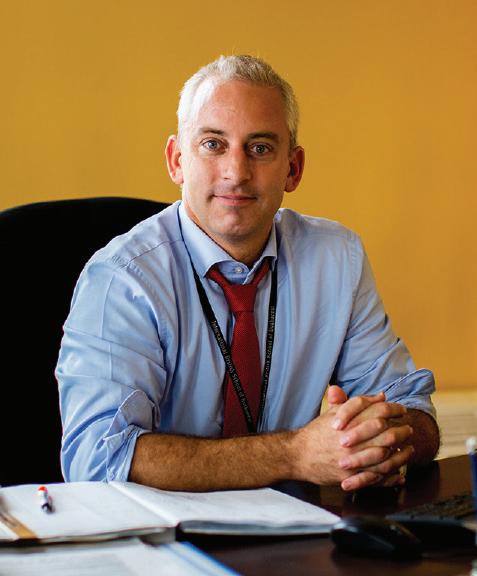
Kendall Peet Head of School


“
“ A school with a reputation for academic excellence, and we pride ourselves on the fact that our graduating students are accepted into many of the top universities around the world each year.

The International British School of Bucharest is a truly international school with a purpose built campus located in the heart of the city, just 10 minute drive from the old city centre, and a 2 minute walk from the Iancului metro station.
From its humble beginnings in 2000, when the school first opened its doors to meet the growing demand of the rapidly expanding international community and the changing needs of the local market. The School has grown to its current size, with approximately 480 students from as many as 35 countries worldwide. With so many different nationalities on campus, internationalism and multiculturalism play a central role in the lives of students at IBSB, as our students learn to relate and to share and respect each other’s cultures on a day to day basis. Having so many nationalities on campus also provides our students with the unique opportunity of being able to use their modern foreign languages learned each day speaking with native speakers in order to develop a more natural speaking ability, or heading off on one of the many residential trips organised throughout the year.
Students at IBSB, from Nursery - Year 13, follow the National Curriculum of England, adapted to meet the needs of our international body of students. All lessons are taught in English, with the exception of the Romanian and Modern Foreign Language Lessons (French, Spanish, German), by qualified, experienced teachers.
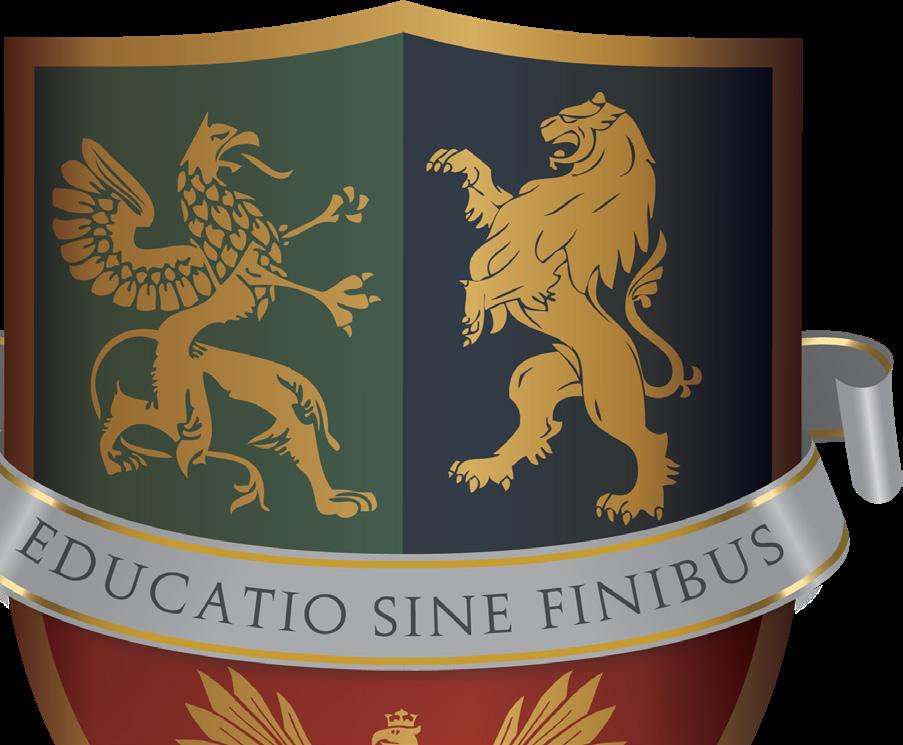
Having undergone an ISI inspection in 2014. IBSB was accordingly been awarded BSO (British School Overseas) Status, and is registered on the UK DfE website, confirming that the curriculum being taught at IBSB meets all UK standards and DfE regulations. Passing all standards in our most recent ISI inspection in September 2022, with an ”Excellent” awarded in all areas, IBSB continues to offer the highest level of education to its students.
For those students enrolling at IBSB with little or no English, we offer an EAL fast track programme to ensure our students have all the support they need to integrate into their normal subject classes quickly and easily.
Our modem bright classrooms come fully equipped with the latest technology to enhance the students learning experience. All classrooms have a computer, connected to the server and the internet, and an electronic white board or smart board to enable teachers to incorporate multimedia technology into their lessons. An science classroom was newly rewarded and modernised in 2023.
An important part of life at IBSB is the extracurricular programme, offering the students an opportunity to enjoy new experiences, try new activities, pursue new interests, and venture outside the classroom to connect theory to practice and see first·hand how the world works.
IBSB is a School that prides itself on its academic tradition of excellence. Though a relatively young School, IBSB has already established a reputation in the community as a school that strives for academic excellence with many graduates going on to top universities around the world. 100% of our graduates from 2023 gained the qualifications needed to continue on to higher education, with offers received in the past two years from universities such as Oxford, Cambridge, LSE, Imperial College London, St. Andrews, UCL, Edinburgh University, the University of Amsterdam, and Purdue, amongst others. Student career counselling is provided throughout the Secondary School Programme to ensure that students know where they are going and are fully supported in their efforts to get there.
Although academic success is central to the IBSB curriculum, we also understand that education is more than being accepted into the university of your choice; it is about developing character and a sense of integrity, becoming a confident, community-minded global citizen, establishing lifelong friendships, and collecting many happy memories along the way to take with you through life. With this in mind, we are confident that you will find the educational experience you are looking for at lBSB.

TThe International British School of Bucharest first opened its doors in 2000, in response to a growing need for a high standard of international education in Bucharest. Committed to achieving and maintaining the highest levels of ‘Excellence in Education’ from the very outset, the school leadership team sort immediate accreditation and international affiliation as the pathway toward ensuring not just high standards of teaching and learning, but an ongoing process of school development.
Looking back over the past twenty years, we are very proud to see how much we have achieved as a school community, and how far we have come, growing from a school with just 12 students in 2000 to a school with 480 students enrolled in 2023, with a graduate record reflecting the highest standards in education.
Having already achieved HPL accreditation and World Class School Membership cementing our reputation as a school providing an outstanding level of teaching and learning, reflected in student progress and attainment across the curriculum, we have embarked on the next stage of our journey as the first NACE Challenge Award School in Europe.
The process of ongoing self-evaluation is both rigorous and comprehensive, actively involving our students, parents, staff, and community partners. The culmination of this process is the formulation of an aspirational school development plan, updated regularly to ensure our students remain at the very forefront of educational provision, as lifelong learners, equipped with the knowledge, skills, HPL competencies, core values and character to face the challenges of the 21st century.
A few key dates to celebrate
Awarded Cambridge Assessment International Examination Centre Status
IBSB Secondary School Opened
First school in Romania awarded CIS Member Status
First school in Romania awarded COBIS Member Status
First international school in Romania officially recognised by the Romanian Ministry of Education
Passed UK Department for Education (DfE) ISI Inspection
Awarded Edexcel Examination Centre Status
Awarded Duke of Edinburgh International Award Status
Passed new UK DfE British School Overseas (BSO) ISI Inspection
Hosted first COBIS World MUN
Passed UK DfE British School Overseas (BSO) ISI Inspection
New school gymnasium opened
Hosted second COBIS World MUN
Hosted COBIS World Debate Competition
New Early Years Centre and Office Administration building opened
Awarded AoBSO Accredited Member Status
Became first High Performance Learning School in Eastern Europe
Sixth Form College Campus opened
UK DfE British School Overseas (BSO) ISI Inspection - Awarded “Excellent” in all areas

95% of IBSB graduates receive offers from top 5% of universities worldwide


“What we do?”
Working together to Inspire, Support, and Celebrate student achievement
OUR STUDENTS
Aspire Strive Achieve

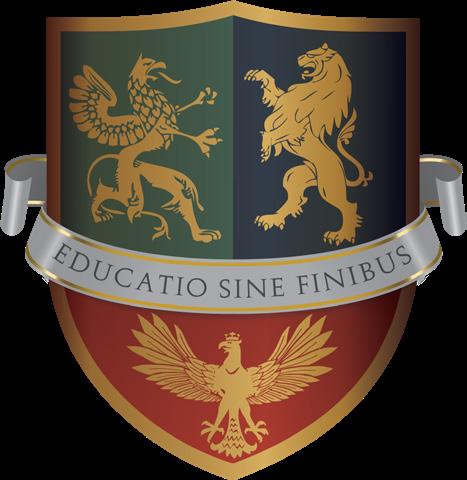
“What we do?”
Building a community of lifelong learners
OUR TEACHERS
Inspire Support Celebrate
“ “ A culture of honest reflection, self - assessment and rigorous monitoring is successfully raising teaching standards.


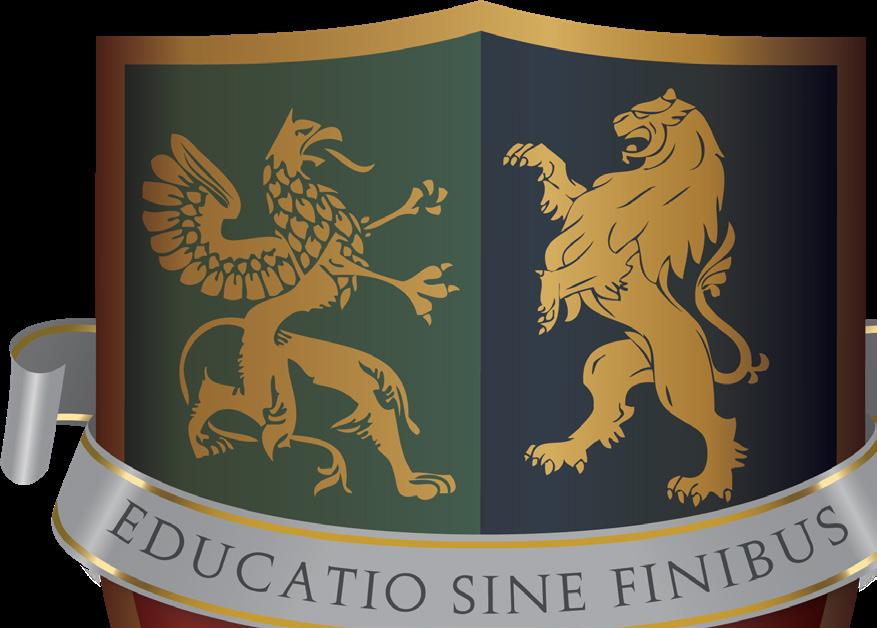


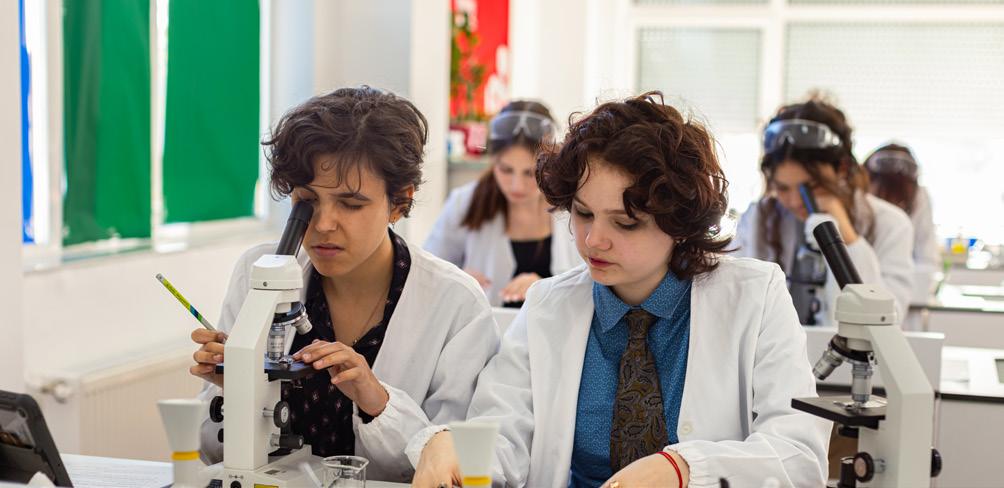
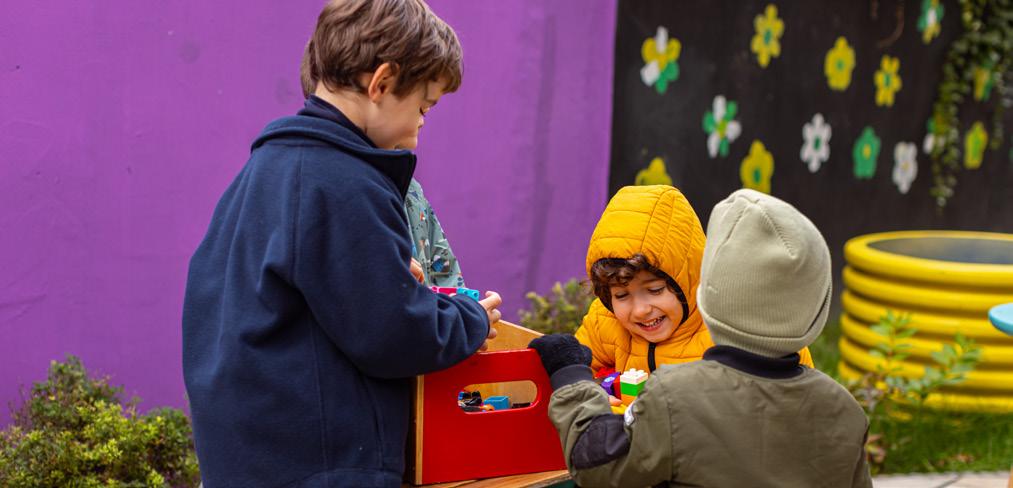

“Pupils’ ability to listen attentively and sympathetically is already a strength in the early years and is sustained throughout the school. ISI Inspection
1 5 9
To provide a learning environment which values academic success, high moral standards, self-discipline, and mutual respect for the cultures, opinions, and values of others.
To provide a rigorous curriculum which develops critical thinking skills, challenging each and every student to strive to be the best they can be.
“
To provide a pastoral care system which ensures that all students feel included and valued.
2 6 10 3 7 11
To focus on the total development of each child: spiritual, moral, Intellectual, social, emotional, and physical.

To provide a learning environment in which all students are encouraged to actively participate, and where students understand that making mistakes is an important part of the learning process.
To provide a curriculum and the support needed to enable our students to become confident, successful, independent learners
To encourage students to set high goals, which can be broken down into a series of smaller achievable targets, and to motivate and inspire our students to work toward achieving their goals.
To provide support programmes to enable each and every student an equal opportunity to succeed in their studies.
To provide a safe, comfortable learning environment where students feel secure, happy, and cared for.
To ensure that our students leave IBSB equipped with our Core Values, Attitudes and Attributes, and the Advanced Cognitive Performance Characteristics identified in High Performance Learners.
4 8 12
To provide each child with an individual learning programme and a rich extracurricular programme to enable them to discover and develop their special talents and abilities.
To ensure that our students leave IBSB solution-orientated, community-minded individuals willing and able to make a positive difference to the lives of those around them.


At the very core, we believe in the value of education and have designed our programme around a curriculum intending to develop our students into life long learners. We also believe that a school should be a place where students are encouraged to dream, to believe that it is possible to achieve their dreams, and to be supported in working toward achieving their dreams.
In order for this vision to become reality, it is necessary to ensure that we have the right staff on board; staff who are qualified, experienced, and passionate about the subject they teach; staff who work well together as a team; staff who take the time to know their students individually, and are able to help them to set realistic targets, and to work toward achieving them; staff who are positive role models for our students both in their conduct and their attitude towards education, being the embodiment of lifelong learners themselves; and staff who are concerned to keep parents as partners informed and abreast of student progress, working with parents to bring about the desired results, providing additional support and extension where necessary.
Of course, you can have all the systems and procedures in place and still not achieve the desired result, because as the saying goes, “You can lead a horse to water, but you can’t make it drink”. It is therfore vital that we inspire and motivate our students to want to learn for themselves, so that they become responsible, independent, young individuals who take an active interest in their education, are willing and eager to learn, concerned when they hault in their progress, and proactive in finding solutions to the problems they may face as they progress towards graduation and matriculation into the university of their choice. It is our wish that by the time our students leave IBSB, they will have aquired a love of learning along with the values, attitudes, and atributes, and advanced cognitive performance characteristics to succed in their chosen career.
It is extremly important that students are surrounded by positive role models, in the Leadership Team, the Teaching Staff, the Prefects and their peers. As Oscar Wilde once wrote, “A person is known by the company they keep” and this is as true today as it was in the days of old. It is not enough therfore to focus on each individual;we need also to look at the individuals that constitute each students life in order to ensure, where possible, that the people they come in contact with on a daily basis are having a positive influence.
This means we need to look to each classroom environment to ask whether the students are having a positive effect on each other, encouraging each other to be more than they are, and to become all that they can be. There is nothing more concerning than a classroom where students are embarrassed or afraid to succeed for fear of being labelled a ‘nerd’. We believe at IBSB, that a school can only succeed when each and every student is working to their full potential, and success is valued and positively reinforced by teachers, parents and, students alike.
It is important that students help each other, because more is achieved when people work together. Experience has also shown us that the best way to learn is to teach, for to know is one level, but to know enough to teach something, to be able to explain it clearly to another individual, is an altogether other level. We have found that the best exam results are achieved when the stronger students help the weaker students and all students are honestly concerned to ensure that all students succeed. Creating this type of learning environment not only encourages the weaker students to work harder, but also, in our experience, usually results in a much higher class average. This attitude also prepares students well for life, where they will have to learn to work in teams before moving on to manage teams effectively.
In the end, we believe a school is working well when the students leave with the knowledge and skills needed to move forward with a solid education that opens doors for them, enabling them to go on to succeed in their future studies, chosen career, with interests and hobbies that continue to develop into lifelong passions, with friends that remain with them throughout their life, and with fond memories that continue to bring them a sense of happiness. We see an International School as a place where students are able to successfully prepare to enter the modern world as responsible, mature global citizens, willing and able to contribute and to give back to society in a meaningful way.



Values-based Education
Values-based Education is not a new concept, but is one which is becoming increasingly central to the curriculums of leading schools around the world committed to developing inspirational leadership.
Values-based Education places human values, such as respect, tolerance, integrity, and compassion at the core of the educational process, infusing an underlying ethical vocabulary into the curriculum leading to ‘Ethical intelligence’, which according to Dr. Neil Hawkes is the most important intelligence for the future sustainability of our world.
Ethical vocabulary is the foundation of a universal narrative through which all human beings, irrespective of culture, religion, or ethnicity can communicate, establishing trust and wellbeing. The outcome of Values-based Education is self-leadership, which enables each individual to work towards fulfilling their incredible potential, and the world to move toward a more sustainable future.
Having the courage to try new things and persevere, even if you might fail
Caring about yourself and the feelings and well-being of others
Actively seeking out opportunities to be creative and original, thinking outside the box
Learning to live together, celebrating diversity
Doing the right thing, even when noone is looking

Caring for the educational, environmental, and social needs of the present without compromising the future
Taking delight in the simple pleasures of life; the choice we make each day
To support our students in acquiring our core values, we are committed to actively promoting: Authentic modelling of the core values by parents and staff. The creation of a values-based learning environment. The presence of a ‘soft’ curriculum, focused on thoughts, feelings, and emotions, running through the hard ‘knowledge-based’ curriculum. A growth mind-set approach, believing in the potential of each and every individual. Reflective practices in place linked to interpersonal neurobiology. A focus on developing leadership. The comprehensive development of an ethical vocabulary. We invite you to join us as a partner as we work to build a more sustainable future.

We are proud to be the first High Performance Learning School in both Romania and Eastern Europe. “ “
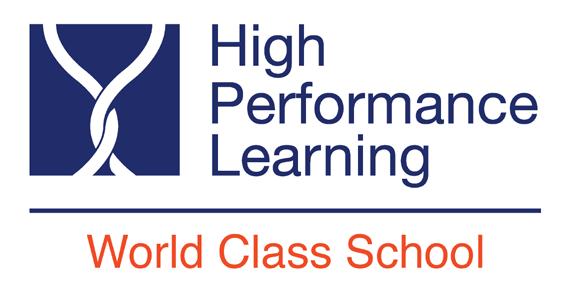
AAs a forward thinking school, we have always been quick to implement sound educational ideas that continue to improve the quality of teaching and learning, ensuring we remain at the forefront of international education.
Our work embedding the principals of the Growth Mindset across the curriculum from 2015-2020 resulted in substantial progress in attainment across the curriculum. The ground breaking research of Stanford Professor Carol Dweck, provided compelling evidence that student ability and potential is not something you are born with, is not fixed, but rather can be developed at any stage in the learning process within a supportive, well organised learning environment.
Having successfully applied the principals of Growth Mindset, the question we asked ourselves as a vibrant learning community, is where do we go from here? The answer to this question arrived in the form of High Performance Learning.
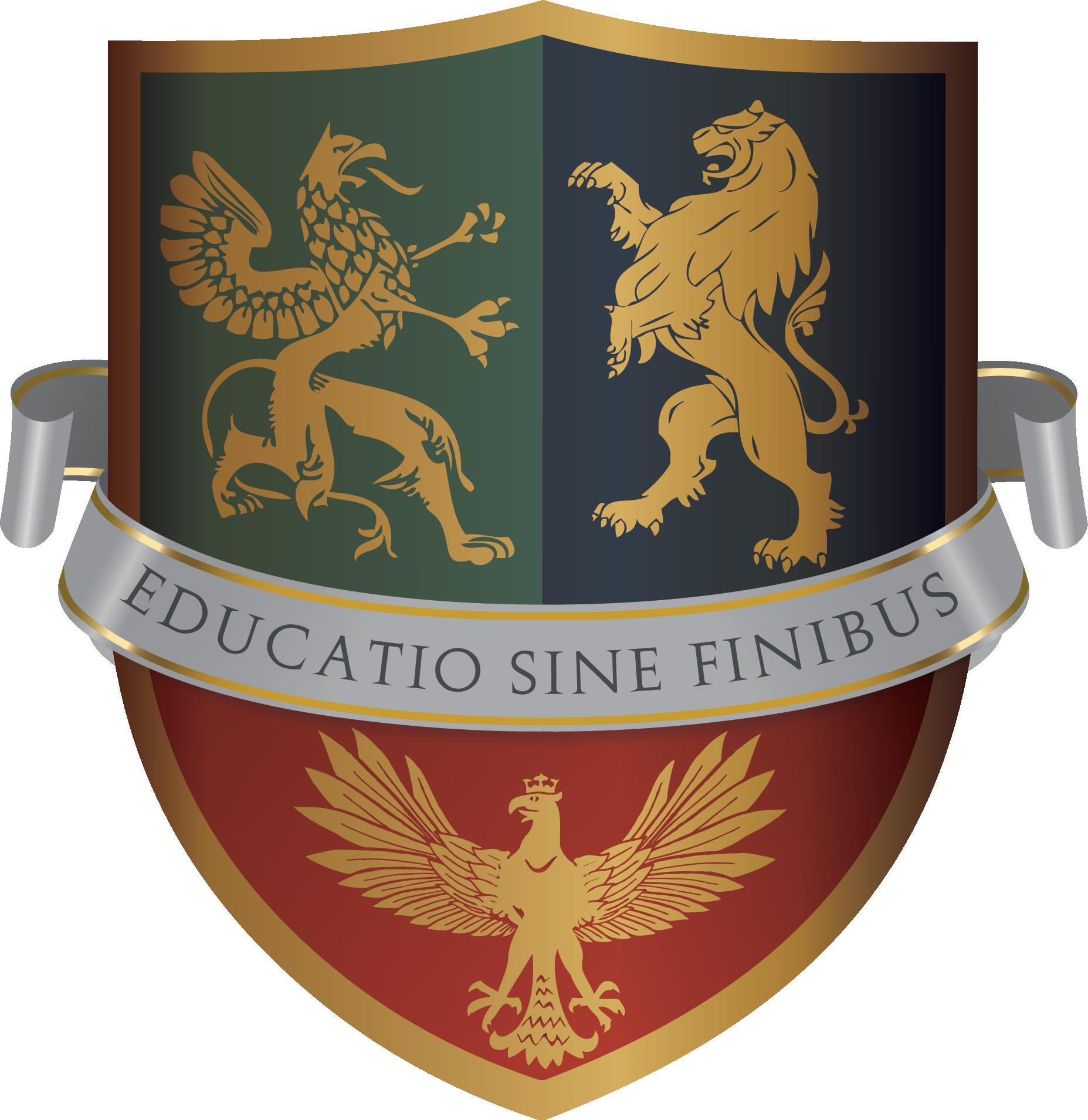

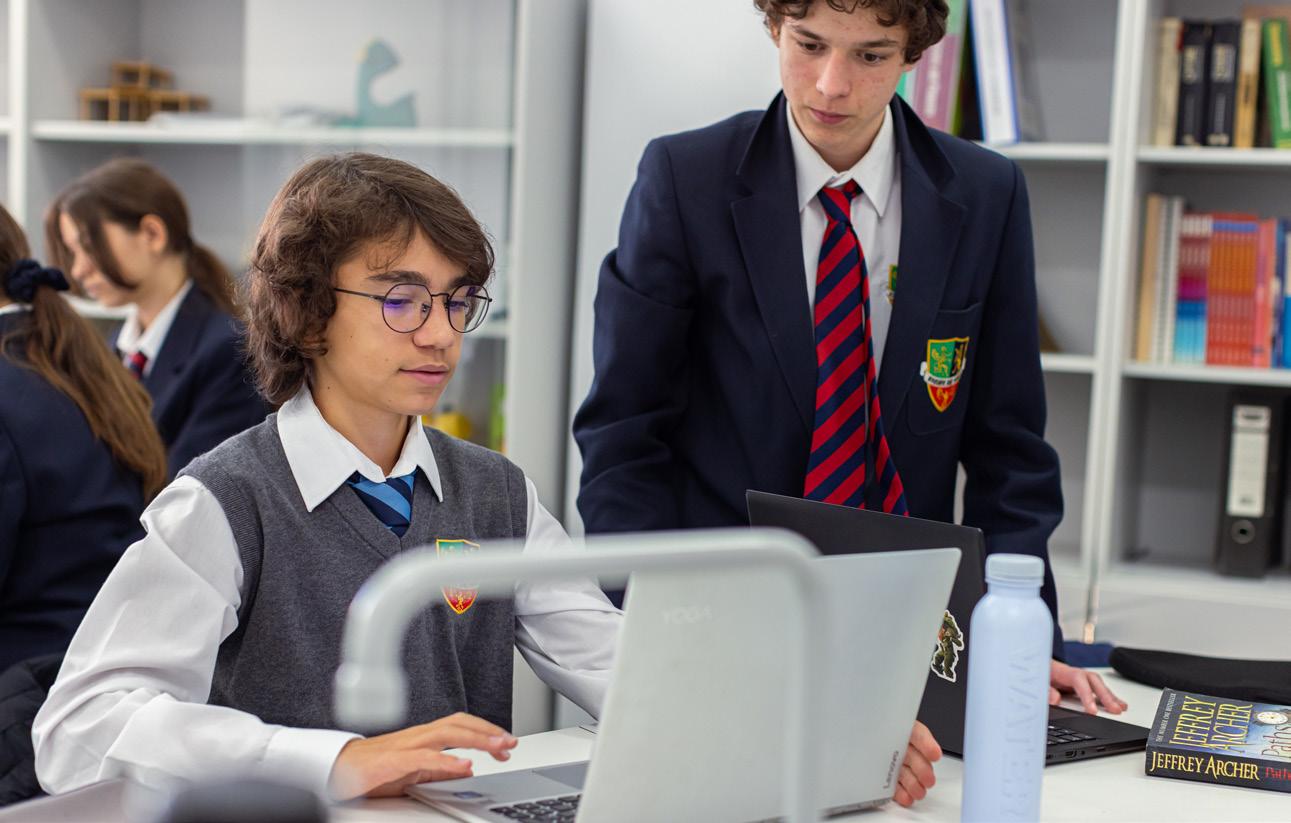
Based on research in cognitive psychology, gifted education, neuroscience, and extensive practical experience, HPL identifies the specific competencies students need to acquire to become confident, independent, high performance learners.
The philosophy of High Performance Learning starts from the following key principles:
• High academic performance is attainable for everyone.
• We can systematically teach students how to be ‘intelligent’ and how to succeed in school.
• There are 20 generic characteristics which students need to develop if they are to become high performers in cognitive domains (ACPs) and 10 values, attitudes, and attributes (VAAs) that develop the wider learner dispositions needed for cognitive and lifetime success.
• HPL World Class Schools produce students that are both intellectually and socially confident, ready to succeed in higher education, in their future careers, and in life as individuals with a global outlook and a concern for others and the environment.
High Performance Learning provides a practical framework to transform learning, actively involving students and parents in the learning experience, continuing the IBSB tradition of working with ‘Parents as partners in education’ that is central to the learning journey of each and every student at IBSB.



Fundamental to the success of the HPL framework is the seven support pillars of HPL, which together create a climate for success, reinforcing the professionalism of classroom teachers, while addressing what can be done at the whole-school level to optimise learning opportunities, individual support, and personal motivation.
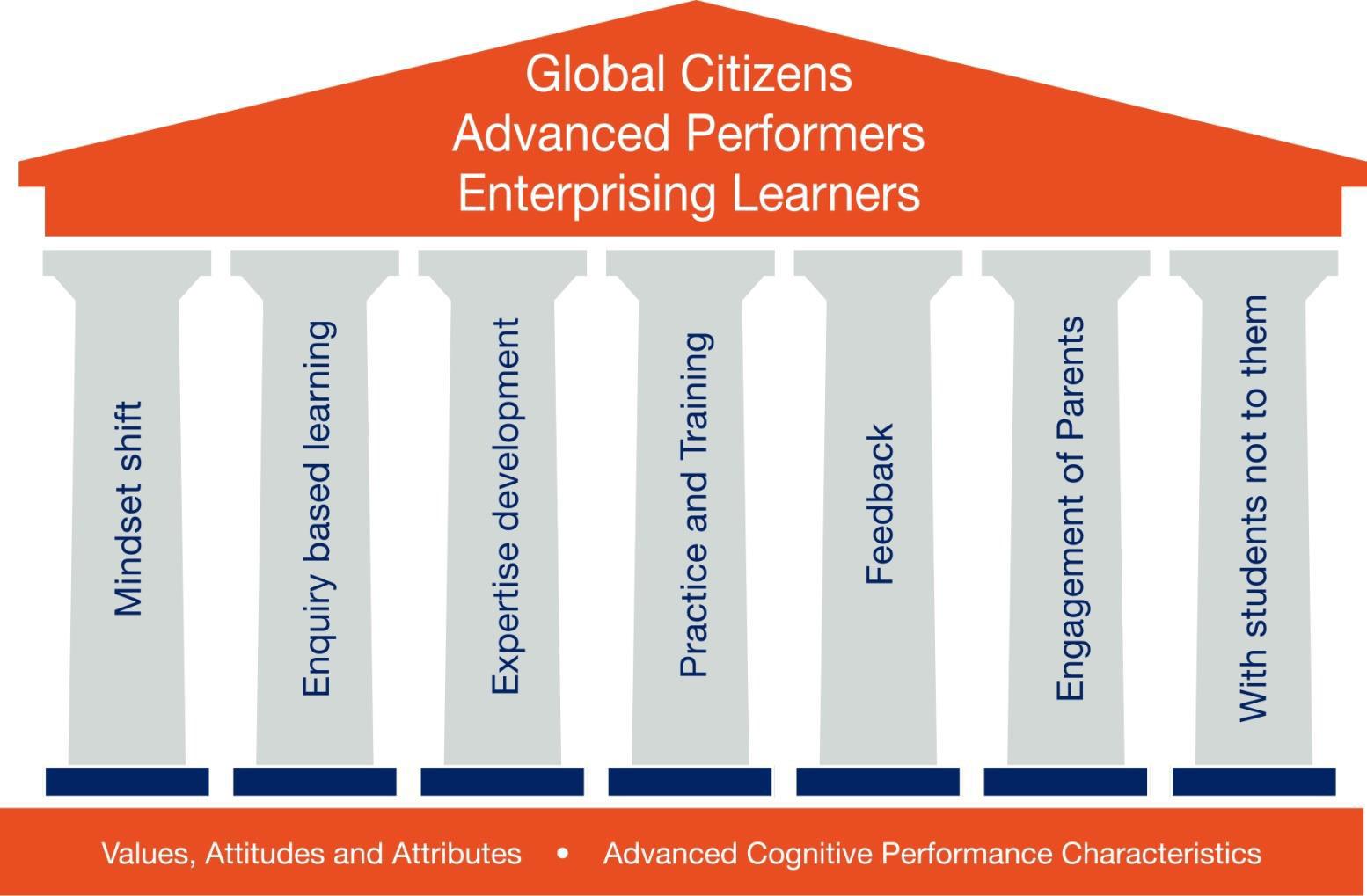

At the base of the pyramid and the heart of the framework are the Advanced Cognitive Performance characteristics (ACPs) and the Values, Attitudes and Attributes (VAAs). ACPs are essentially ways of thinking that students need to develop, whilst VAAs are the ways of behaving that students need to acquire, to become successful learners.
Neither will deliver success alone, but together they create the magic to support our students becoming high performers.
It is our desire to provide our students with the very best learning opportunities, working closely in collaboration with our parents as partners and with other accredited HPL World Class Schools to ensure each and every student enrolled at IBSB receives a World Class Education to prepare them to meet the challenges of the future.


“ “
IBSB is a wonderful community that keeps growing with passionate and educated students. To me it was always a support system, and continues to be for the rest of the student body.


“ A rich learning environment, challenging our students to set high goals and to strive for academic excellence in a truly international context.
“
Students at the lnternational British School of Bucharest follow the National Curriculum of England, within an international school context. Central to our curriculum is the need to develop our students as responsible, mature, community-minded citizens of the world, with a focus on developing our Core Values.
Our curriculum offers students aged 3-18 years a strong academic programme, with student attainment well above the national average, in combination with a wide range of extracurricular activities to ensure that our students develop to achieve their full potential both inside and outside the classroom.
On the right, is a table providing a general overview of the IBSB Curriculum structure, from Nursery until Year 13. For a more detailed picture of the curriculum, please visit the individual Key Stage pages on the school website.


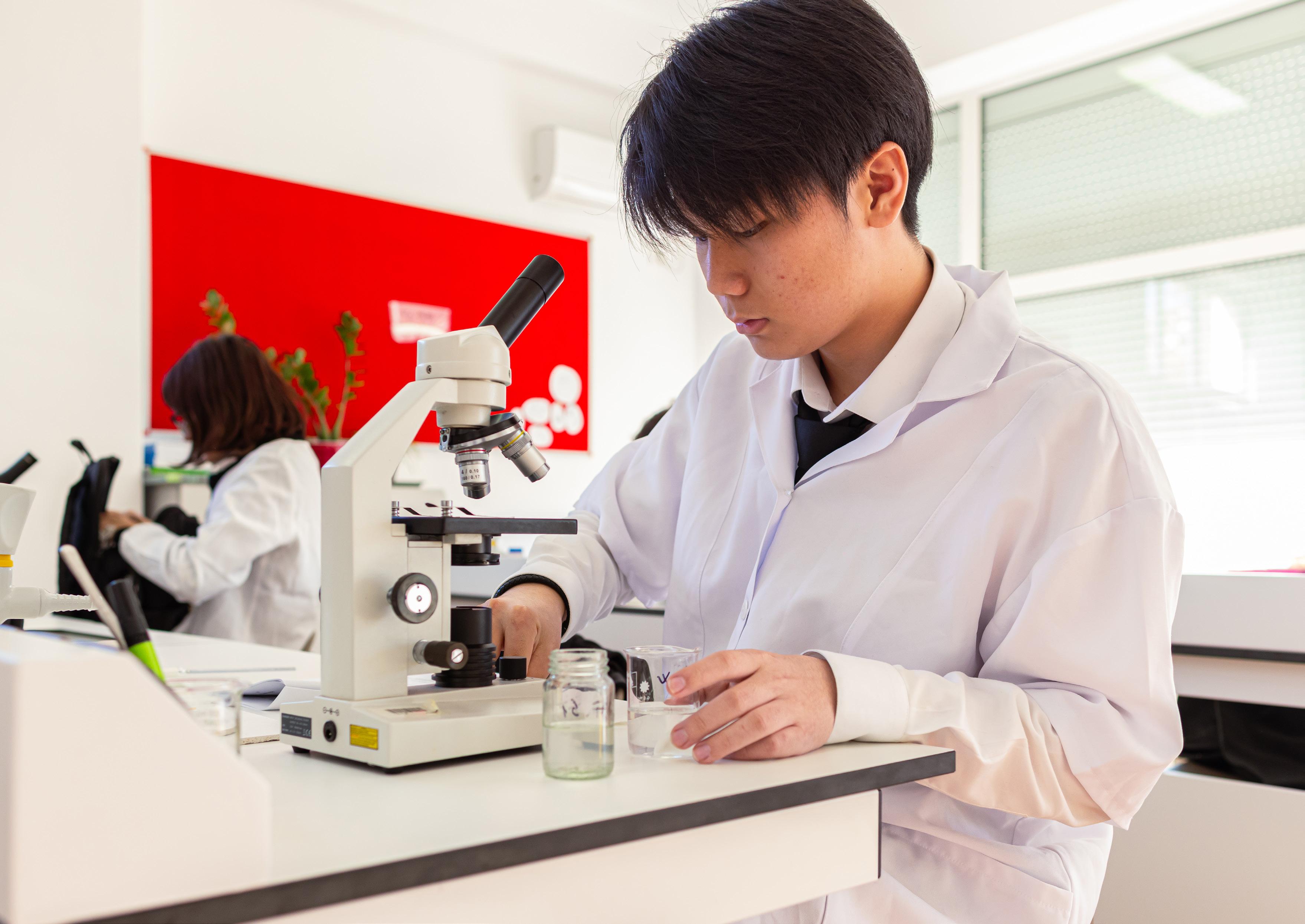


TThe Pre-Nursery, Nursery and Reception programme is for children between the ages of three and five and is intended to prepare your child for Key Stage 1.
In our Pre-Nursesery, Nursery and Reception classes, we offer a motivating, caring, and well-planned learning environment where children can learn through play, both indoors and outdoors, and in a cross-curricular manner. The children follow the Early Years Foundation Stage Curriculum, which is briefly outlined below.
The Early Years Curriculum is based on three prime areas of learning and development and four specific areas. Progress in each area is continually assessed and tracked so that their individual developmental needs across the various areas of the curriculum are met early.
l. Communication and Language
These cover the knowledge and skills which provide the foundation for the children’s school readiness and future progress; they are applied and reinforced within specific areas: This area focuses on ensuring that children have the opportunity to experience and enjoy a rich language environment, to develop their confidence and skills in expressing themselves, and to speak and listen in a range of situations, with the focus on English.
2. Physical Development

Physical development involves providing opportunities for young children to be active and interactive and to develop their coordination, control, and movement. Children must also learn about the importance of physical activity, and how to make healthy choices in relation to food and taking care of themselves.
3. Personal, Social, and Emotional Development
We provide experiences that encourage children: to develop a positive sense of themselves and of others; to form positive relationships and develop respect for others; to develop social skills and learn how to manage their feelings; to have confidence in their own abilities.
l. Literacy & Monster Phonics
We encourage our children to link sounds and letters on their journey toward reading and writing, ensuring that our children have access to a wide range of reading materials to ignite
2. Numeracy (Mathematics)
Numeracy involves providing children with opportunities to develop and improve their skills in counting, understanding, and using numbers, calculating simple addition and subtraction problems, as well as describing shapes, spaces, and measures.
3. Understanding the World
In our Early Years setting, we guide and help our children to make sense of their physical world and of their community through opportunities to explore, observe, and find out about people, places, technology, and the environment.
4. Expressive Arts and Design
We enable our children to explore and play with a wide range of media and materials. We also provide opportunities and encouragement for sharing their thoughts, ideas, and feelings through a variety of activities in art,music, movement, dance, role-play, design, and technology.




RResearch informs us that during our earliest years, a large part of the pattern for our future adult life is set; we therefore acknowledge that positive experiences in the early years offer children the best start in life. In Key Stage 1, we aim to build on the positive experience gained in the Early Years Foundation Stage to ensure continuity and a natural progression in learning, as well as their personal development. lt has always been recognised that the transition from EYFS to Primary School is a critical time for children, parents, and teachers - and one which is full of opportunity and reward.
At IBSB, we understand that an effective transition takes stock of the learners’ progress and achievements in order to guarantee the wellbeing of our children. We also understand that parents, teachers, and support staff must all work together and involve learners in this process. In Key Stage 1, we understand the importance of laying a strong foundation to support a child’s future progress and development. Within this programme students are provided with opportunities for meaningful and challenging learning experiences to broaden horizons, consolidate basic skills and develop a positive confident self-image. There is a focus on collaborative working, to help develop skills to build healthy strong relationships ensuring that families are, at all times, meaningfully involved. All this, we feel, supports our children to develop both socially and emotionally. It is our expectation that students will move on from Key Stage 1 as successful, confident, effective, and responsible learners.
In Years 1 and 2, children participate in a broad range of lessons across the curriculum. They receive lessons in English, Numeracy/Mathematics, Reading and Phonics lessons, Science, Computing, Geography, History, MFL (German, French, or Spanish), PSHE (Personal, Social, Health and Economic education), and Art. Lessons in MFL (German, French, or Spanish), Romanian, PE and Music are also delivered by specialist teachers. In addition to this, children have the opportunity to participate daily in an Extensive Extra-curricular Club Programme. There are also opportunities to go on day trips, and a residential trip tor Year 2, to ensure that learning is not confined to the classroom.

Subjects Taught:
• English
• Mathematics
• Music
• PSHE
• Romanian • ICT
• Cross Curricular (Science, History, Geography, Art)
• Physical Education
• Modern Foreign Lanuage (French, German, Spanish)
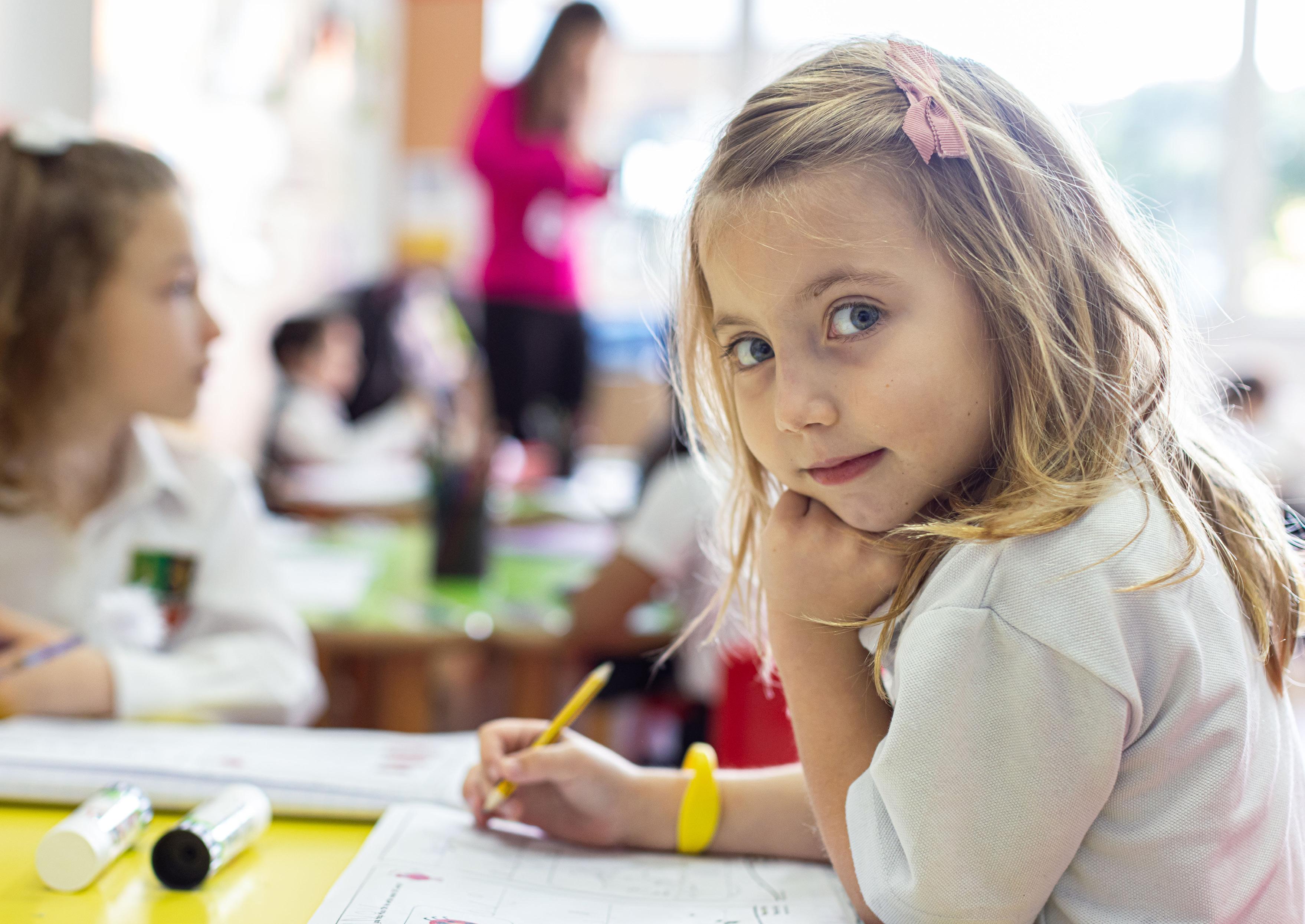


AAs children become more experienced in the ways of our school, they can start to flourish in the full range of activities IBSB has to offer. In Key Stage 2, we aim to build on the skills gained in Key Stage 1, and encouraging children to feel part of the wider IBSB Community by becoming more involved in school life.
The transition from Key Stage 1 (Year 2) to Key Stage 2 (Year 3) is subtle enough to allow the consolidation of knowledge, whilst allowing students the opportunity to extend their learning and enjoy a time of progress and discovery. By the time our students leave Key Stage 2 at the end of Year 6, they are well prepared for the challenges that lie ahead, both in terms of their educational experiences and their personal development.
In Key Stage 2, our aim is to build on the solid foundations laid in Key Stage 1. Our students arrive with a range of Key Skills, which are further developed through investigative learning. We believe in encouraging students to be involved in the process of monitoring their own progress, with time set aside to reflect upon their achievements, set new goals, and consider how to work best to achieve these with their own learning style. We also seek to continue to develop our students as High Performance Learners. We have a strong school community and within the classroom our students enjoy collaborating in order to help each other achieve. Students are rewarded for their work and conduct, receiving house points for their contributions towards the positive atmosphere of the primary school. Students, teachers, and parents work closely together to create a purposeful and welcoming environment in which both academic and personal targets can be met.
In Key Stage 2, children participate in a broad range of lessons across the curriculum. They receive lessons in English, Mathematics, Science, as well as our cross-curricular lessons that incorporate Geography, History, Computing, MFL (German, French, and Spanish), PSHE (Personal, Social, Health and Economical Education), and Art. These lessons are taught through project-based learning which encourages independence and collaboration with peers. As in Key Stage 1, lessons in MFL (German, French, and Spanish), Romanian, PE, and Music and Art are delivered by specialist teachers. A varied programme of after-school activities is also on offer, and our students enjoy contributing towards classroom projects, school assemblies, and theatre productions. Every class takes part in a number of day trips during the year so that we can apply our learning to the world around us.

There are also end of year residential trips to look forward to, with Year 3, 4 and 5 travelling to a location within Romania, whilst Year 6 students enjoy their first trip abroad.
Students sit externally graded GL Assessment tests at the end of years 3, 4, 5, and 6 in English, Mathematics, and Science.
Subjects Taught:
• English
• Mathematics
• Cross Curricular (Science, History, Geography, Art)
• Romanian
• Computing
• Physical Education
•
• Music
• PSHE



TThe move from Primary School to Secondary School, Key Stage 2 (Year 6) to Key Stage 3 (Year 7), is perhaps the most keenly anticipated educational transition for students at IBSB and around the world. I am sure we all remember the sense of excitement and trepidation felt at the thought of graduating Primary School as a senior student and starting Secondary School as a junior student. lt is a traditional rite of passage for all students.
To help students at IBSB feel confident about the move from Primary to Secondary, we have organised a well-orchestrated transition programme in which the Year 7 students visit the Year 6 students to speak about life in Year 7 and to answer any questions they might have. The Year 6 students then visit the Year 7 students in the Secondary School, joining several lessons to get a feel for how the classes and the timetable run. There are also a number of other initiatives in place where the Senior Prefects are assigned a Primary School class to work with each term. The Year 6 students are invited to join a selection of Year 7 students for a teambuilding activity, such as wall climbing for an afternoon, and of course there are many school events involving both schools, such as UN Day, Romania Day, and Sports Day, to name just a few.
In Key Stage 3, students are encouraged to extend themselves both academically and socially. They have their lessons with specialist teachers, attending lessons in English, Mathematics, Science, a Modern Foreign Language (Spanish, German, or French), Geography, History, ICT, Art, Music, Drama, PSHE (Personal, Social, Health and Economic education), and PE. In addition to these core subjects, students also have the opportunity to experience new activities, sports, hobbies, arts and crafts, through the IBSB Club Programme. There are a number of day trips and residential trips offered throughout the year, including the annual IBSB Ski Trip, and the end of Year Class Trip to celebrate the end of the year and all that has been achieved. And of course, there are the student social events that take place under the supervision of teachers, which are always a popular addition to the school calendar.

The purpose of the Key Stage 3 Programme is to provide students with a wide variety of experiences, within an environment where they can learn to become responsible independent learners, and to provide them with a solid academic base from which to commence their two- year IGCSE programme in Year 10. The expectation at this level is that students should be doing approximately 1 hour of homework (Year 7), 1.5 hours in Year 8, and 2 hours of homework a night in Year 9, slowly building up to 3-5 hours a night by the start of Year 12.
Although senior graduation is still a long way off, the process of career counselling begins in Key Stage 3 as students will need to make their first potential career defining decisions at the end of Year 9, when choosing their four additional options. Career guidance support is an important part of the PSHE Programme. There is an IGCSE Parents Options Evening in Term 1B which is intended to help guide students and parents towards choosing the right options for their IGCSE programme in Years 10 and 11.
Subjects Taught:
• English
• Mathematics
• Science
• Computing
• Humanities (Geography & History)
• Modern Foreign Languages (French, German or Spanish)
• Creative Arts (Art, Music, Drama)
• Life Skills (PSHE)
• Physical Education

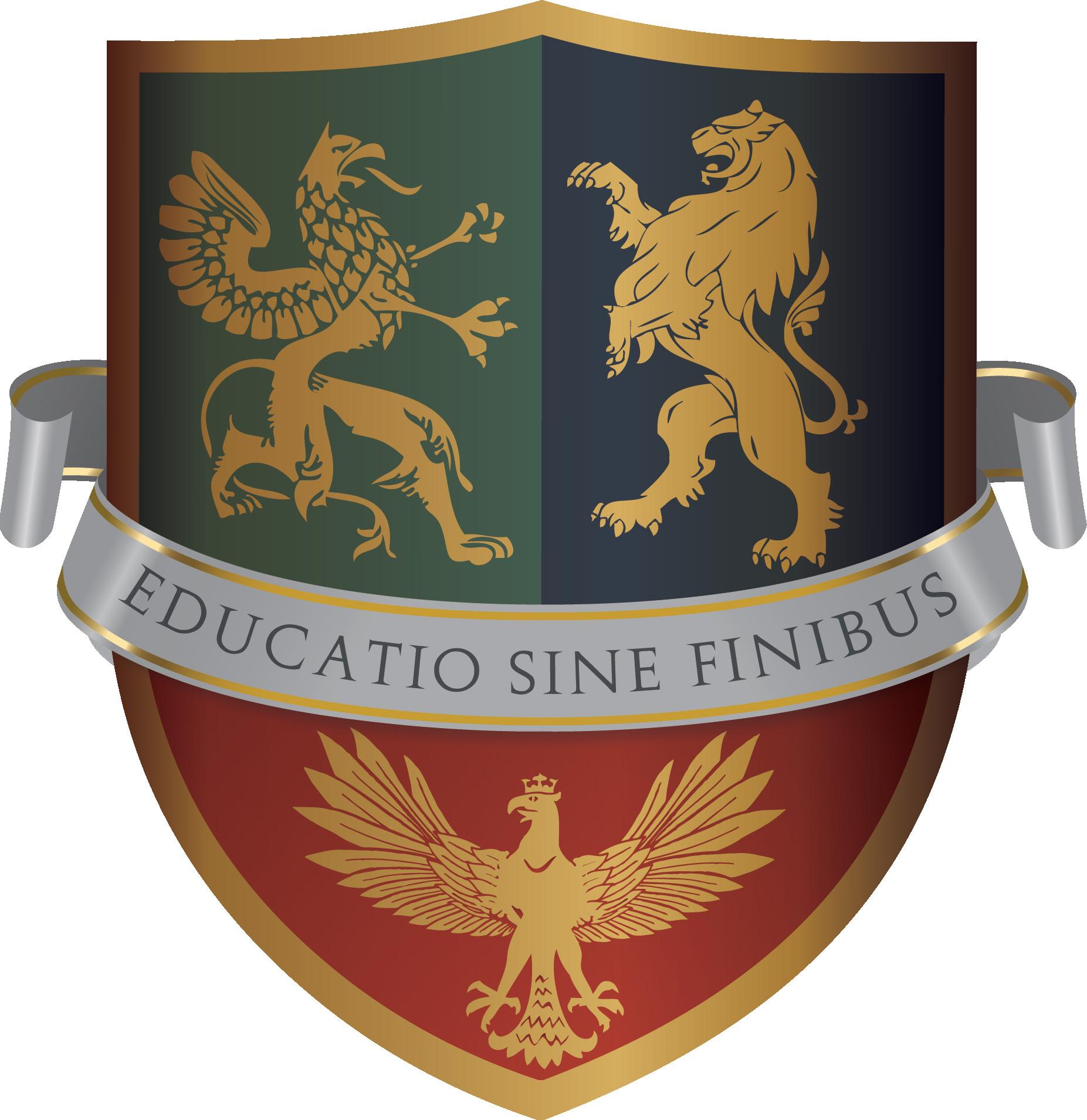

Friday Registration
Humanities
Life Skills (9:40 - 10:30)
Assembly (10:30 - 10:50)
Creative Arts
Transition Break Transition
English
Lunch & Break
MFL
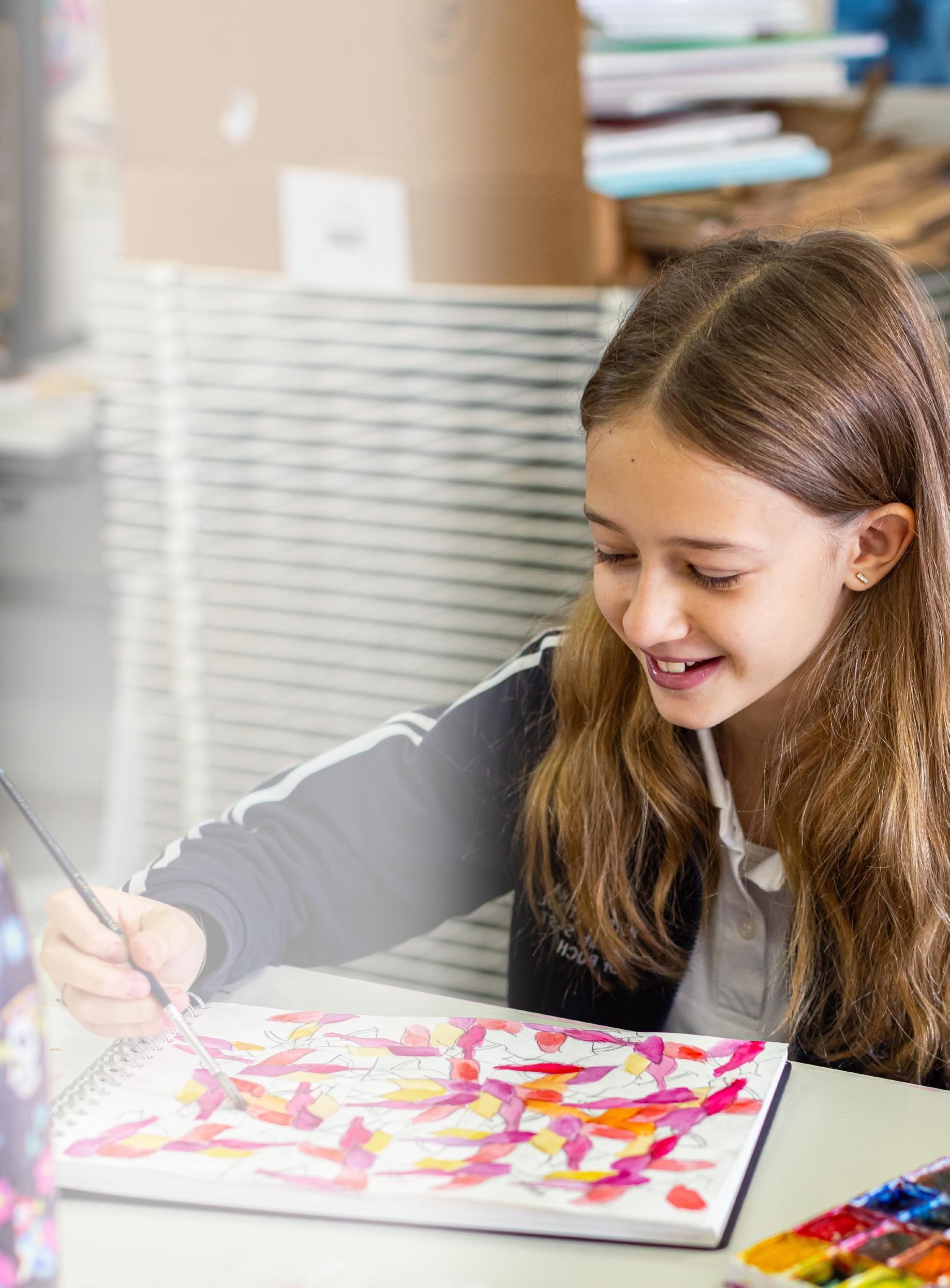



KKey Stage 4 is an exciting and challenging time for students as they begin the first leg of their journey toward gaining their lnternational General Certificate in Secondary Education (IGCSE), which they will complete by the end of Year 11.
In Year 1O, students have the opportunity to personalise their educational path with different course options available to choose from. In addition to the compulsory subjects, English, Mathematics and Science, PE, and PSHE (Life Skills), students are able to choose 4 additional subjects from a diverse selection of interesting courses, ranging from Economics or Business Studies, to Sociology and Psychology, Classical Studies being the latest addition to our courses.
Academics - IGCSE Course Guide
In Key Stage 4, students are encouraged to be responsible, to manage their time effectively, and to take an active role in selecting their academic path toward their chosen career. lt is at this point that we start to discuss a career option with students and to gently guide them toward universities and higher education institutes and courses that are best suited to their future aspirations. lt is important that students are aware of the university application process from Year 1O, so that they understand how their IGCSE exam results may affect their future university and career choices.
The expectation at this level is that students should be doing approximately 2.5 - 3 hours of homework and revision study a night, working towards 3-5 hours a night by the start of Year 12. Please refer to the Key Stage 4 lnformation Booklet for more information on the courses available.

Compulsory Examinable Subjects:
• English Second Language
• English First Language
• English Literature
• Mathematics
• Coordinated Science: (Biology, Chemistry, and Physics)
Optional Subjects (students select 4 additional IGCSE subjects from the following):
• Geography
• Music
• History
• Psychology
• Economics
• Business Studies
• Computer Science
Additional subjects:
• PE (Physical Education)
• Life Skills (PSHE)
• Art
• Sociology
• Drama
• French
• German
• Spanish
• ICT
• Classical Studies
Drama Art Sociology Spanish History



Economics French German Geography
Coordinated Science Coordinated Science Coordinated Science Coordinated Science
English Mathematics Business Psychology Business Psychology Mathematics
Lunch & Break
Drama Art Sociology Spanish History
Mathematics PSHE (9:40 - 10:30) Assembly (10:30 - 10:50) English
Economics French German Geography
Drama Art Sociology Spanish History
Coordinated Science ICT / Computing ICT / Computing


Life in Key Stage 5 (often referred to as the Sixth Form) at IBSB has its own distinct flavour, and being a Sixth Former brings with it certain privileges and opportunities, as well as a number of responsibilities. Students will find life in the Sixth Form College to be a friendly ‘adult’ environment in which they are encouraged to develop a greater sense to independence.
The success our students achieve at IGCSE level means that they will now be well prepared for the challenges which lie ahead. Three of the best things about being a Sixth Former at IBSB are having access to the new Sixth Form College Campus, having a greater level of responsibility placed upon students, and being able to enjoy a different dynamic in the classroom.
Class sizes are typically much smaller, with a significant focus on individual student attention. The teachers have much more one-to-one time with their students, as the course progresses, helping them better identify areas to focus on in preparation tor their AS and A Level exams. Pivotal to Sixth Form success, is students establishing a strong partnership with their Form Tutor and subject teachers, who are always available to help and will want to do all they can to help ensure our students succeed, so if students do encounter problems, they should speak with their teachers directly.

We believe that our students have much to gain from, and to give to life in the Sixth Form. We look forward to following their progress and supporting them during this exciting and crucial stage in their education.
For additional information, please read the Key Stage 5 lnformation Booklet, which provides you with a more detailed overview of what to expect.
• English Language
• English Literature
• Mathematics
• Chemistry
• Biology
• German
• French
• Spanish
• Business Studies
• Economics
Additional subjects:
• PE (Physical Education)
• Life Skills (PSHE)
• Psychology
• Sociology
• Geography
• Music
• Art
• Physics
• Computer Science
• History
• Classical Studies
• Community Action Service (CAS)
Time
8:30 - 8:40
8:40 - 9:40
9:40 - 9:45
9:45 - 10:45
10:45 - 11:00
11:00 - 12:00
12:00 - 12:05
12:05 - 13:05
13:05 - 13:45
13:55 - 14:55
14:55 - 15:00
15:00 - 16:00
Monday
Registration
Tuesday Wednesday Thursday Times for Friday
Friday
Registration Registration Registration Registration

8:30 - 8:35
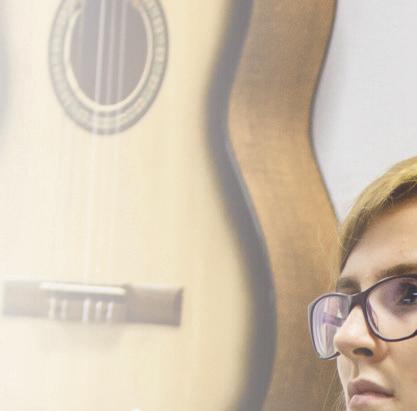
Mathematics History
Literature Economics Spanish Biology
Literature Economics Spanish Biology
PE Chemistry English Language Sociology
Transition
Chemistry English Language Sociology
Mathematics History Chemistry English Sociology
Business Physics Psychology
8:35 - 9:35

Literature Economics Spanish Biology
Literature Economics Spanish Biology
Art Computing German French Art Computing German French
Transition Break Transition
Chemistry English Language Sociology
Business Physics Psychology
Business Physics Psychology
Transition Break Transition
PE Art Computing German French
Literature Economics Spanish Biology

9:35 - 9:40
Business Physics Psychology
9:40 - 10:50
10:50 - 11:05
Transition Break Transition
Art Computing German French
Chemistry English Language Sociology
Transition Transition Transition
11:05 - 12:05
12:05 - 12:10
12:10 - 13:10
13:10 - 14:-00
14:00 - 15:00
Life Skills (9:40 - 10:30) Assembly (10:30 - 10:50)
Mathematics History Mathematics History
Transition Break Transition
Art Computing German French
Business Physics Psychology
Mechanics Statistics End of weekEarly Release



The IBSB Academic programme follows the ‘No Child Left Behind’ ideology which means that we are committed to ensuring there are programmes and systems in place to help all students acquire the skills necessary to move from one year to the next, from Foundation through to Key Stage 4.
At the end of Year 9, students will be asked to select their IGCSE options for years 10 & 11. In total, students are required to take a minimum of 8 subjects, with the option to take 1O+subjects for the more able students.
Year 12: AS Programmes
Students are required to take a minimum of 3 and a Maximum of 5 AS Level subjects A Level courses are extremely demanding and for this reason it is essential that students acquire a minimum ‘B’ PASS level of subject understanding at IGCSE level before commencing an A Level course. Admission into the A Level Programme with passing grades of ‘C’ at IGCSE will be considered on a 1 term probationary period, by which time the Head of Secondary must be confident that the student is able to work at the required level.
• Business Studies
• Economics
• Sociology
• ICT
• Psychology
• History
• Geography
• Computer Science
• French
• German
• Spanish
• Classical Studies
• Drama
• Music
• Art
Students must attend 85% of lessons to take their IGCSE exams. Students failing to meet 85% attendance criteria may only take IGCSE exams if their mock exam’results are above 60%.
Students must pass 5 IGCSE Subjects, including 3 IGCSE subjects with a B-A* to progress on automatically to Year 12 AS levels. lf students do not pass a minimum of 3 IGCSE subjects with 8-A*, a parent meeting will be required to discuss a probationary A Level programme for any subject with a C passing grade.

To gain an ICE Diploma, students must pass 5 subjects with C-A* (1 from each group).
The Minimum expectation for university entrance. A minimum C in English Second Language or C in English First Language is required by most universities. A minimum C in Mathematics is required by most universities. lf you do not pass 5 IGCSE subjects with C-A*, you will be required to repeat Year 11.
AS/A2 Level Subjects:
• English language
• English Literature
• Mathematics
• Chemistry
• Biology
• German
• French
• Spanish
• ltalian
• Business Studies
• Economics
• Psychology
• Sociology
• Geography
• Music
All subjects at AS Level and A2 Level are Optional
• Art
• Physics
• Computer Science
• History
• Classical Studies (start in Y11)
To continue on to take Year 13 (A2 subjects), Students require an E-A pass in an AS subject.
Year 13: A2 Programme students are required to enrol in a of minimum 3 and a maximum of 5 A2 level subjects (for exceptionally able students).
Must pass 2 A level subjects with E-A* to qualify for admission into UK Universities.
Must pass 2 A level subjects with D-A* to qualify for admission into a Romanian University. Must Pass 3 A level subjects (1 from each group) with C-A* to get an A Level AlCE Diploma. lt is expected that students will complete 4 A Level subjects with A-A* to enter a top University.
At the end of Year 13, IBSB students completing a minimum of 2 A Levels will receive a Graduation Diploma. Students with 1 A Level or less will receive a Leaving Certificate only.

“Pupils’ tendency to interrogate implications and introduce anomalies ensures there is rapid progress in their understanding. “
ISI Inspection Report
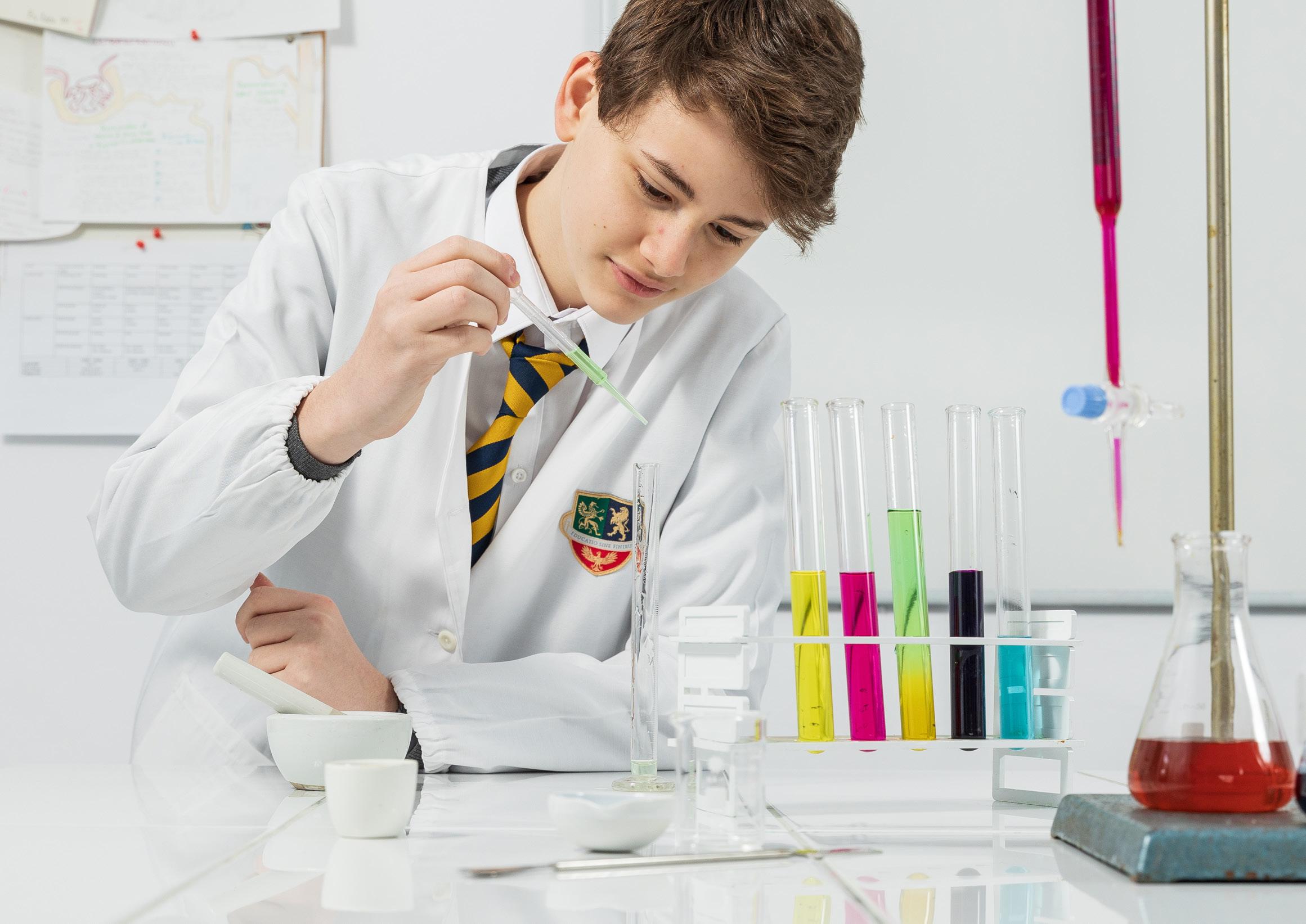


HHomework is an important part of daily life at IBSB. Students are allocated homework each week, with the amount of homework given out increasing steadily with each year. As there is often a variation of ability within a class, teachers set students homework at a level appropriate to age and ability.
In the Primary School, students are expected to take home reading books and library books to read each day- preferably with the guidance of a parent or older sibling; we hope that parents will enjoy reading these books with their children.
Homework is related to school work and should be achievable by the student without additional input from an adult: it should not be necessary for parents to teach their children in order for the homework to be completed, but it is hoped that parents will take an interest in the tasks assigned. The tasks set will also help to inform parents as to the nature of the work going on in class and the achievement levels of their children.
Homework may, amongst other things, be reinforcement of objectives learned in class, it may be gathering information for using in a lesson, or it may be the completion of work unfinished in class. There should always be a purpose to homework- it is never given out as a ‘time-filler’.
Guidelines: Time
Homework tasks will take a varied amount of time depending on age and ability. The following are the guidelines we suggest for each year group:
Years 1 & 2
Years 3, 4 & 5
Year 6
Year 7
Year 8
Year 9
Years 10
Years 11
Year 12
Year 13
10 - 15 minutes per day
20 - 30 minutes per day
30 - 40 minutes per day
60 - 70 minutes per day
80 - 90 minutes per day
1 1/2 - 2 hours per day
2 hours per day
2 - 2 1/2 hours per day
3 - 5 hours per day
3 - 5 hours per day
In Years 12 & 13, study periods are assigned to reduce the amount of afterschool homework needed.




Exam time is generally a very nervous time for students, parents, and teachers. Students work hard for two years for both their IGCSE and A Level Courses and at the end of the second year take their final exams in May/June. They then have to wait until mid-August to receive their results, and for those completing A Levels, it is not until after this date that the students finally know which universities have accepted them, making their final choice before preparing for the next chapter of their life that awaits them at higher education.
lt was very pleasing, therefore, to see that the results once again overall reflect all the hard work that the students and staff have put in over the course of the year, with the support of the parents as an important part of the process. Our A Level grades continue to improve, with the E-A* pass now up to 97%,the C-A* pass rate up to 79% this year, and the B-A* pass rate up to 60% in 2023. lf we look at the increasing A Level grades, it is clear that we have a lot to celebrate as a school.
Congratulations to all students for these extremely encouraging A Level results, raising the bar for the students to follow. We have seen all the hard work going in over the past few years, have seen the clear improvements in teaching standards and in student work ethic, and it is very clear to everyone present that there is something very special happening at IBSB, from the Primary School all the way through to Year 13 in Secondary.
lt is important to point out that these results have been a team effort, with the students, teachers, and parents working closely together to ensure that our students are set clear, achievable goals, are monitored closely and supported through the learning process to strive and achieve, with peers, teachers, parents, and the school community celebrating their many achievements along the way.
Again this year, we can see more improvements being put in place to ensure that students have even more opportunity to succeed in their studies with a push to increase attendance and improved tracking in place, with the introduction of the new NACE Challenge Award programme complimenting The HPL programme, which combined with ever improving communication between teachers and parents should result in yet further improving exams results.



Alexia Verdes
Graduated in 2023
TAI School of the Arts
Performing Arts & Screen Acting
A level Grades: A*A*A
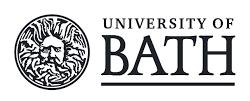
Andrei Bitu
Graduated in 2021
University of Bath
Computer Science
A level Grades: A*AB

Andrei Voiculescu
Graduated in 2023
University of Bristol
Aeronautical Engineering
A level Grades: AAA
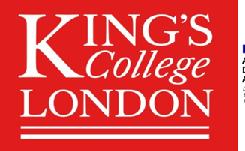
Melissa Aydogan
Graduated in 2022
Kings College London
Classical Studies and Comparative Literature
A level Grades: A*AB

Nichita Rosca
Graduated in 2023
Bocconi University
International Economics & Management
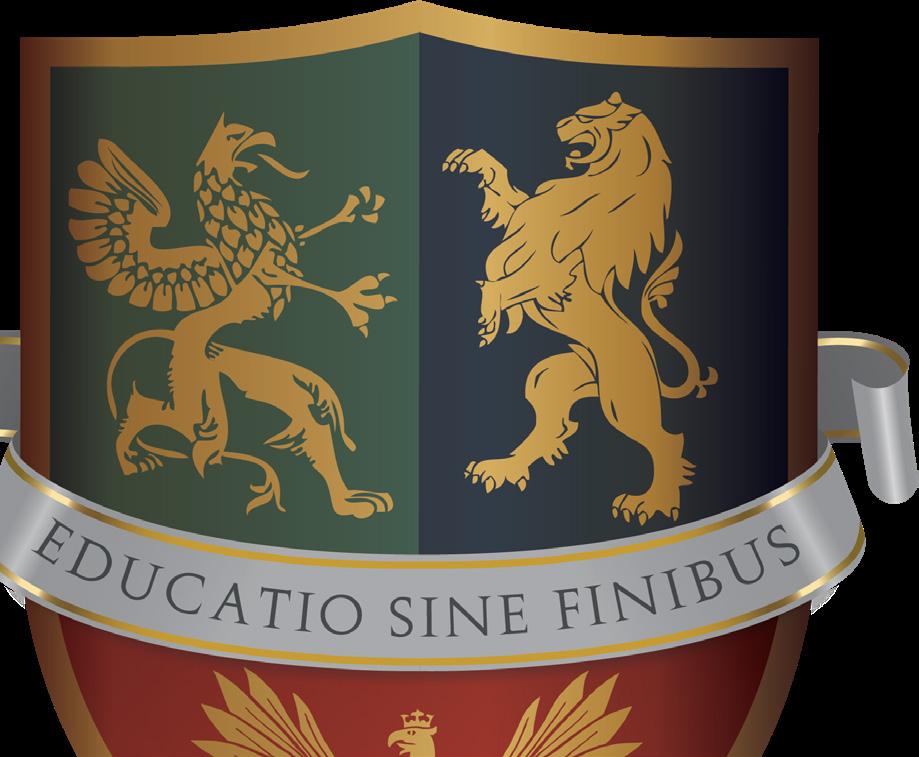
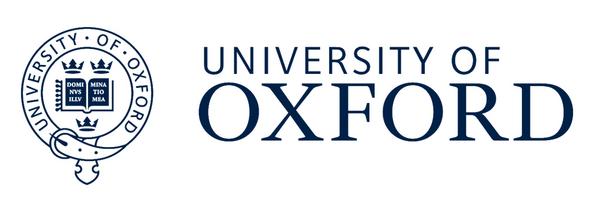
Maria Sticlea
Graduated in 2023
Oxford University
Philosophy, Politics, and Economics
A level Grades: A*A*A*A

Bella Chen
Graduated in 2023
University College London Statistics, Economics & Finance
A level Grades: A*A*A*A*
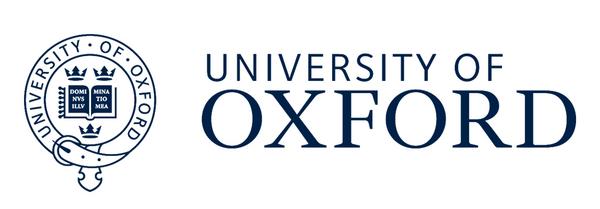
Christie Vernon
Graduated in 2021
Oxford University
Magdalen College
A level Grades: A*AA

Calin Constantinescu
Graduated in 2023
London School of Economics Business Management
A level Grades: A*A*A

Wu Si-Cheng
Graduated in 2023
University of Warwick Physics
A level Grades: A*A*A

Max Mihailovici
Graduated in 2021
University College London (UK) History
A level Grades: A*A*A*
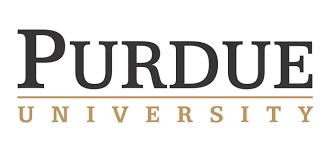
Andrei Vernon
Graduated in 2023
Purdue University (USA)
Electrical Engineering
A level Grades: A*A*AA


IBSB provides an educational environment where students are actively encouraged to strive for academic excellence. Every year we have students graduating with an A-A• average across 3 or 4 A Level subjects with 100% of students graduating from IBSB being offered places at higher education institutions and universities both In Romania and around the world, including prestigious universities such as Oxford, Cambridge, Imperial College London, UCL and LSE to name just a few.
Although students do not officially apply for university until Year 13, the process of preparing to apply for university actually begins at the end of Year 9 when students and parents attend the Options Evening Presentation in Term 2 to leam about the life in Key Stage 4 (Years 10 & 11) and to choose their IGCSE courses. At the Options Evening, you will leam that IGCSE has a combination of CORE subjects, including English, Mathematics, Science, and PE and OPTIONAL subjects in which our students must choose subjects from the selection available. The subjects chosen are important as they will affect the choices available at A level, which our students will choose at the end of Year 11.They will also, therefore, have an impact on course selection at university and even potentially on the university itself as some universities are preferential to certain A Level courses.
At each stage of the process, the staff at IBSB are available, offering support and advice, to help guide students and parents toward making the right decisions to ensure they are able to apply to the university and faculty of their choice in Year 13.
The good news is that students graduating from IBSB with 3 A levels qualify for university entrance in every country in the world, be it In England, The Netherlands, America, or Romania. For each university and each university course, the entrance requirements vary. The following is a brief outline of the minimum requirements needed to attend a sample of universities and a variety of university courses:
Romanian Universities:
Low ranked UK Universities:
Middle ranked UK Universities:
Highly ranked UK Universities:
Top ranked UK Universities: Universities in the Netherlands:
2 A levels D-A*
2 A levels E-C
3 A levels B-A
3 A levels A*AA
4 A levels A*A*AA
2 A levels D-A*
Please note that for top UK universities such as Cambridge and Oxford the grades qualify you for an interview only, and that students must pass the interview in order to gain acceptance.
Grades alone do not guarantee admittance to the top 10% of universities in the world. These universities look for students with good grades and a student profile that indicates that they are well-rounded, community-minded individuals likely to go on to become public figures and leaders in their chosen career.
The UK University application process begins in September, with the deadline for all applications through UCAS set as January 31, Oxbridge and Medical Applications to the UK must be submitted by October 15.
For more detailed information about the University Application Process and Entry Requirements, please visit the school website.

Students from IBSB have been accepted into the following universities around the world since 2006:
Greece
American College of Greece
Aristotelion University of Thessaloniki
Deree College National Technical University of Athens
University of Sheffield City College
ESMOD European University
EU Business School
Glion Institute of Higher Education
National lnstitute of Technology Durgapur
Bengal Romania
Bucharest National University of Arts
Bucharest Academy of Economic Studies
Carol Davila University of Medicine and Pharmacy
Dimitrie Cantemir Christian University
FABIZ
Faculty of Business Administration in Foreign
Languages Medicine University Cluj
Romanian-American University
SNSPA Romania
Tiffin University Romania
University of Bucharest
University Spiru Haret
University Titu Maiorescu
Spain
EU European Business School
Les Roches Marbella
FTEJerez
Universidad Autónoma de Barcelona (UAB) Universidad
Autónoma de Madrid (UAM)
Universidad Carlos III de Madrid
Harbour.Space University
Vatel Hotel & Tourism Business School
ESIC Madrid
IE University Madrid
Hotel lnstitute Montreux
lnstitute Les Roches
Webster University
National Institute of Technology, Rourkela
Topiwala National Medical College
University of Delhi
Bocconi University
Instituto Marangoni
University of Milan
University of Jordan
lnternational University of Monaco
Breda University
Eindhoven University of Technology
Groningen University
Maastricht University
Hogeschool Rotterdam
NHL Stenden University of Applied Sciences
University of Amsterdam
Utrecht University
Leiden University
Molde University College
Norway Australia
University of Melbourne
Manchester Metropolitan University
Middlesex University
Oxford Brookes University
Queen Mary University of London
Regents Business School London
SOAS University of London
University College London (UCL)
University College for the Creative Arts
MODUL University Vienna
IMC FH Krems
Central European University
Corvinus University of Budapest
Austria Hungary USA
Berkley College of Music
European Bartender School
Hollywood Beauty College
New York Film Academy
Pace University
Palm Beach State College
University of the West
Yale University
United Kingdom
Abertay University
Bath Spa University
Birmingham City University
Bournemouth and Poole College
Brunel University London
City University London
Falmouth University
Glasgow School of Art
Kingston University London
Kings College London
London College of Communication
London Metropolitan University
London School of Economics (LSE)
London South Bank University
University of Bath
University of Birmingham
University of Brighton
University of Bristol
University of Cambridge
University of Central Lancashire
University of Dundee
University of Essex
University of Leicester
University of Lincoln
University of Liverpool
University of London
University of Manchester
University of Nottingham
University of Oxford
University of Reading
University of Roehampton
University of Southampton
University of Sheffield
University of St Andrews
University of Sterling
University of Suffolk
University of Sunderland
University of Sussex
University of the Arts London (UAL)
University of the West of England Bristol
University of Warwick
University of West London
York University
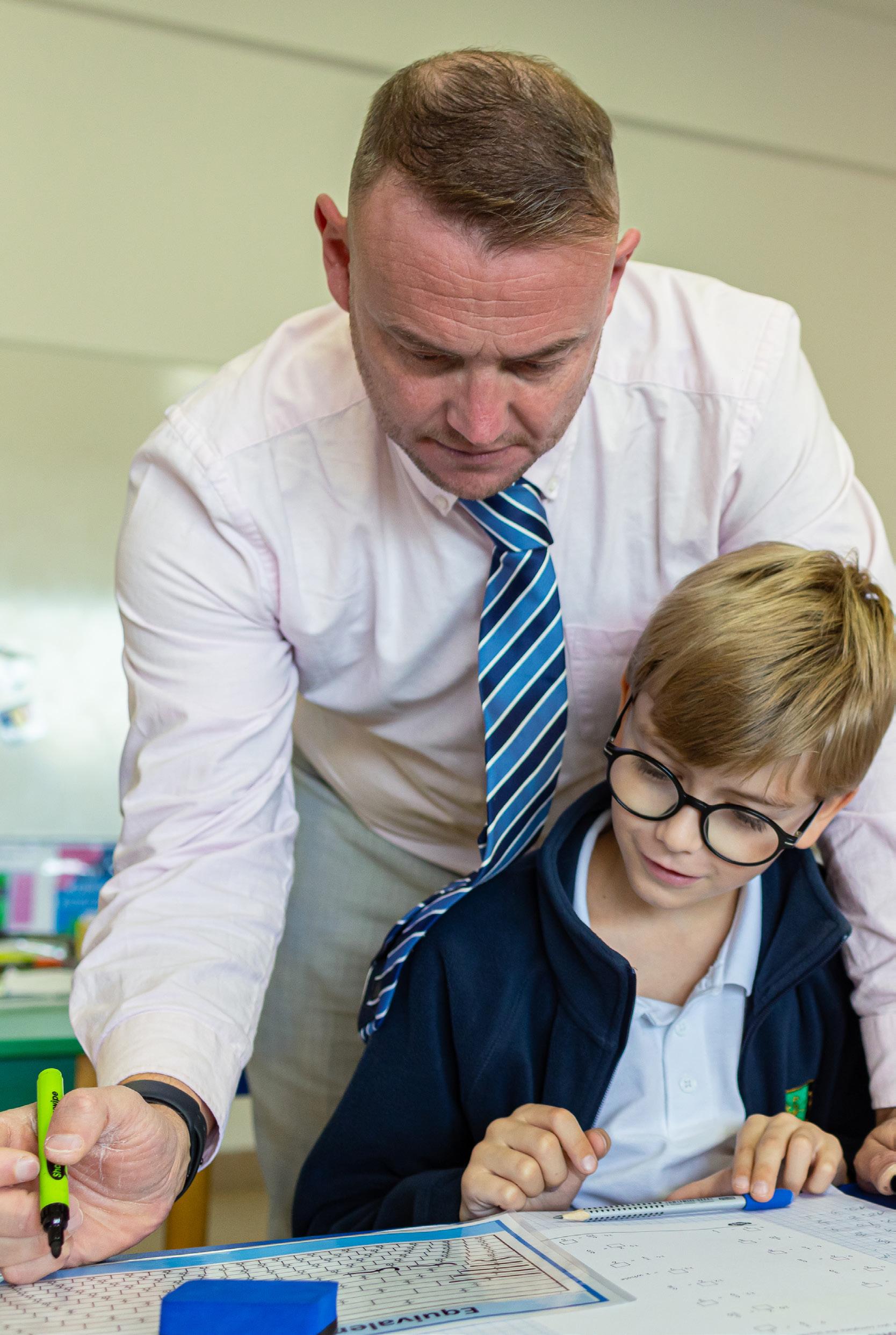

IIBSB is an international school with students enrolling from a number of countries. Many of the students attending the school speak English as a second or an additional language and as such may not initially have the English language skills necessary to cope with the demands of the National Curriculum of England. For this reason, students entering IBSB are assessed to determine whether they need additional English support, and where a need has been identified, be provided with sufficient support to enable them to integrate into their mainstream classes as quickly and easily as possible. For the secondary school programme, a minimum level of English is required. Please refer to The School Admission Policy to review entry criteria.
Aims
To assess new students at IBSB in order to accurately determine their level of English proficiency.
To place students in need of English support in an appropriate EAL class.
To design a personalised learning programme to cater to individual student needs.
To help the students to achieve a comprehensible level of English as quickly as possible.
To help students to achieve sufficient oral skills to establish strong relations with their peers.
To develop the ability to use English effectively in order to achieve academic success.
To teach in such a way as to motivate students to learn.
To provide a positive, supportive learning environment.
To continually assess progress made and to inform both parents and teachers.
To liaise with teachers in order to ensure that the EAL programme best compliments the mainstream programme.



• To ensure that planning caters to the four skills (Reading, Writing, Speaking, and Listening) and is differentiated.
• To ensure that English grammar is covered properly, induding the 12 tenses, syntax, and textual cohesion.
• To teach appropriate meta language where this facilitates learning (KS 1-4)
• To ensure that EAL teachers provide regular feedback to class teachers
• To ensure that all students significantly below the class average level of proficiency receive appropriate support
Beginner/Elementary. up to 5 hours per week
Pre-intermediate: up to 3 hours per week
lntermediate: up to 2 hours per week
Upper intermediate: up to 1 hour per week
• To support students to attain the level of comprehension and communication to succeed in their studies.
• To support Years 1 and 2 in achieving a pre-intermediate level of English proficiency.
• To support Years 3 to 6 in achieving an intermediate level of English proficiency.
• To support Years 7 to 9 in achieving an upper intermediate level of English proficiency (55% IBSB Proficiency Test).
• To support Years 10-13 to achieve a pre advanced level of English proficiency (65%.+ IBSB Proficiency Test).
All students applying to enrol at IBSB will required to complete the set of admissions tests including the CAT4 Assessments, IBSB EAL Test, and English Test for reading and writing.

Foundation-Year 7
Year 8/9
There is no minimum level of English required for students entering FoundationYear 7. Students entering Year 8 will be required to have a minimum intermediate level of English to ensure they have the minimum level of English required to be successful in their studies.
Students entering the IGCSE programme will be required to have a minimum upper intermediate level of English to ensure they have the minimum level of English required to access the course and be successful in their studies at IGCSE Level.
Years 12-13
Students entering the A Level Programme in Year 12 are required to have a minimum pre-advanced level of English to ensure they have the minimum level of English required to be successful in their studies at A Level
EAL lessons, where possible, will be timetabled during non-core subject time: English, Math, and Science. Elementary level students in Year 7 may be taken out of native English classes if it is considered that they will progress more in EAL classes. Elementary students should also be taken out of humanity classes, which are English intensive.
lf possible, elementary students will not be taken out of PE, Art, and Music, as these are subjects in which they can participate with the class with minimal English language requirements. Students below intermediate level English should be timetabled for EAL during MFL time, unless the student in question is already studying an MFL, in which case the student may continue with the MFL and be taken out of non-core subjects.
Primary School:
Years 1 & 2: Maximum of 20 minutes per week.
Years 3 & 4: Maximum of 20 minutes per week.
Years 5 & 6: Maximum of 30 minutes per week.
Secondary School:
Years 7- 9: Elementary: Maximum of 2 hours per week.
Pre-intermediate/Intermediate: Maximum 1hour per week.
Upper-intermediate: Maximum1 hour per week.
Years 10-11: Elementary: Maximum of 5 hours per week.
Pre-intermediate/Intermediate: Maximum 3 hours per week.
Upper-intermediate: Maximum 2 hours per week.

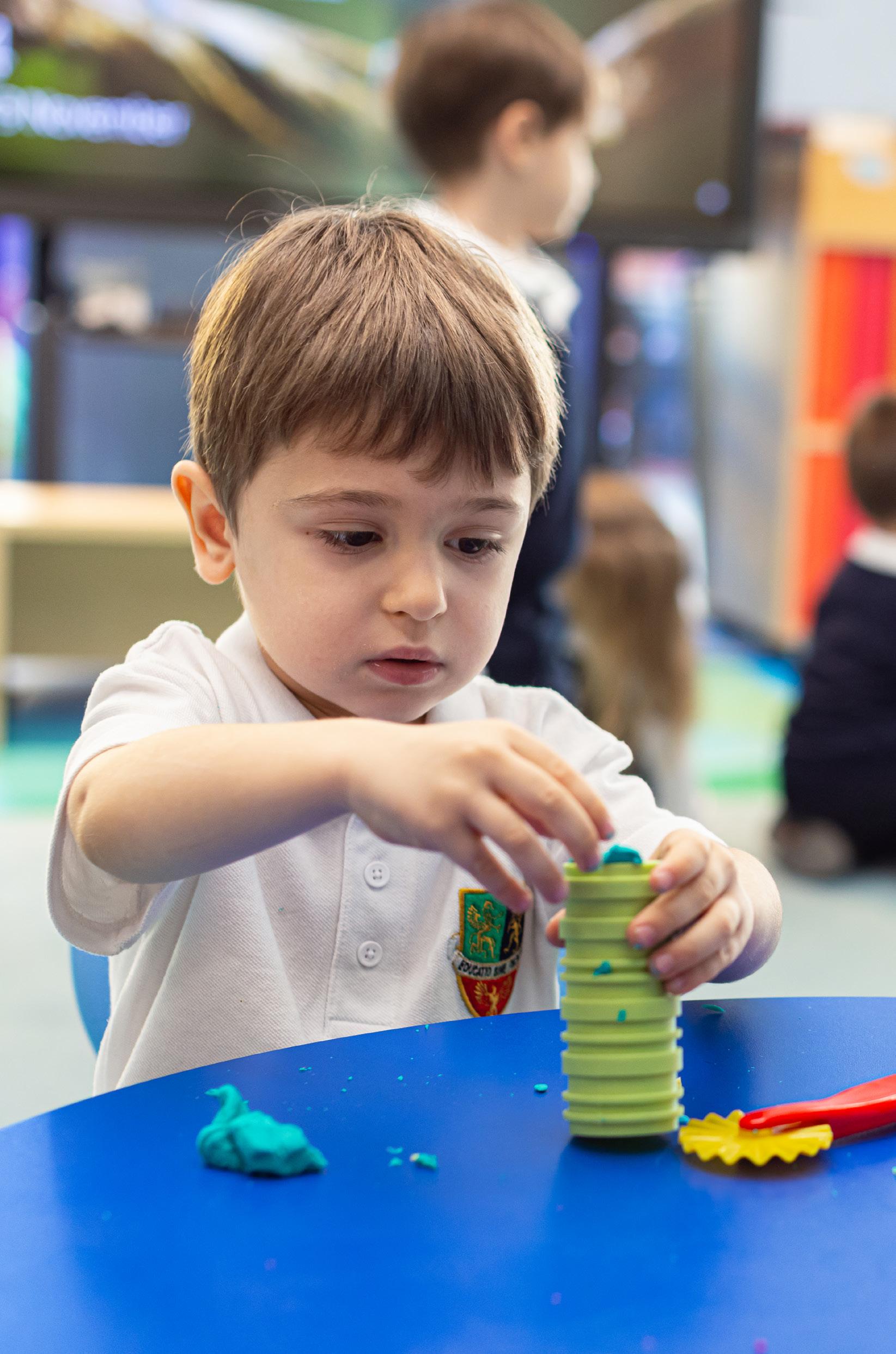


Within any given class there is a scale of ability from those students who are finding the subject difficult, to those students able to complete the work quickly and correctly with little effort. lt is the job of the teacher and the school to ensure that there is sufficient support and challenge present for all evels of ability within any given class across the full range of activities present in the curriculum.
Academically, ‘More Able and Talented’ refers to those students who fall within the top 5% of ability range with the potential to go on to achieve an A* in a given subject. In the CAT4 Test, students achieving 125-124 test score range are considered More Able and Talented (MAT). This category also includes students with special talents and abilities in other nonacademic areas related to the arts and sports.
All teaching within IBSB is differentiated within the classroom. In some cases this may mean having three completely different worksheets for the students at different levels to complete; in others it many mean offering the students who finish quickly more challenging extension exercises to do. lt can also appear as the stronger students working with the weaker students in buddy pairs, which both reinforces the knowledge and improves the communication skills of the stronger student, building confidence, whilst at the same time providing support to those students in class in need of some extra help.
IBSB became the first NACE (National Association for Able Children in Education) School in Romania in 2020, and is currently still the only NACE Challenge Award School located on the European Continent. As members of NACE, the staff at IBSB have access to the most established organisation in the UK providing resources, webinars, coaching, training, CPD, and networking opportunities to share best practice and guidance, with the focus on developing high-quality provision for more able learners and supporting whole-school improvement, grounded in research. As a NACE Challenge Award, the emphasis is placed on high expectations and highquality, challenging teaching for all, with our more able learners’ needs met largely through quality-first teaching and an ethos of teaching to the top. This MAT provision is supplemented, extended, and enriched by focused more able interventions and an extensive extracurricular

The other way that the More Able and Talented students are challenged at IBSB is through our Extracurricular Programme, which includes talent shows, school productions, public speaking competitions, debating competitions, national and international academic competitions, Model United Nations events, Sports Competitions, and a wide variety of clubs and trips.
The More Able and Talented students are also challenged to take on additional responsibilities by becoming a member of the Student Executive, or a House Captain, Primary School Ambassador or Senior School Prefect. Students are also offered regular opportunities to present and perform in public at weekly assemblies or at one of the many school events on the school calendar.
lf your son or daughter has a special ability or talent, we will actively look for opportunities to celebrate this in school, providing our students with the positive encouragement and support they need to develop and become all they can be and more.


The lnternational British School of Bucharest is committed to offering an inclusive curriculum to all students admitted into the programme, seeking to ensure the best possible progress for all students, whatever their need or ability.
Special Educational Needs and Disabilities are defined as covering all learning difficulties, except those arising from a difference of language between home and school.
One in five children may have a Special Educational Need at some time during their education. In some cases, the need may be of a relatively short-term nature, in others long-term, and in some, permanent. The emphasis is on defining the child’s Special Educational Need and stating the most appropriate provision, wherever possible, alongside children without such needs provided that:
• Account is taken of parental wishes
• The child’s needs are met
• That other children continue to receive an efficient education
• Resources are used efficiently
A child-centred approach is used reflecting each individual’s ability, needs, and interests together with available parental help. Procedures are usually informal and flexible. There is close cooperation between staff, and the special educational needs of the children are discussed with the SENCo/Student Counsellor. The strategies and modes of teaching adopted vary according to the specific needs of the student.
The concept of “Parents as Partners” is central to the inclusive education concept. Parents are always kept informed about their child’s progress at school, with any difficulties made known to parents at the earliest stage.
Parental cooperation and involvement is encouraged. Parents are welcomed into school regularly and encouraged to provide added help at home with their children’s homework and extra activities when and as needed, at all stages of the students learning journey. The school also operates peer support programes.
lt is the policy of this school that a child with Special Educational Needs has the same entitlement and consideration as every other child in the school. This is clearly stated in both the school’s Equal Opportunities and Curriculum Policies, which contains the Aims and Objectives for the school as a whole. Certain parts of these documents are particularly relevant to a Special Educational Needs and Disabilities Policy.
The general principle governing the curriculum of the school is that every child shall be entitled to and shall take up a curriculum which is balanced and broadly based and which:
• Promotes the spiritual, moral, cultural, mental, and physical development of children at the school.
• Prepares the children for the opportunities, responsibilities, and experiences of higher education, leading on into adult
Thus, children with Special Educational Needs and/or Disabilities have their entitlement under the National Curriculum clearly stated.
“Pupils needing dedicated SEND or EAL support achieve well, thanks to highly effective provision.


At the start of every academic year, our student counsellors introduce themselves to the students across the school on a class by class basis to ensure the students know who the student counsellors are, where their offices are located, and in what way they can support students. Where possible, the counsellors go one step further, arranging a short 1-2-1 meeting with new students joining the school, to take the first important step toward establishing a strong supportive relationship, with a person the students know they can go to and trust if they would like to speak confidentially about something.
Our student counsellors are qualified, experienced professionals aware of the issues students commonly face as they grow from children into young adults. Each counsellor receives child safeguarding training annually and biannual training to ensure the school has the most up-to-date protocols and procedures in place.
When students first meet with a student counsellor, they are assured confidentiality, but are also informed that in a situation where there is a genuine concern for their safety and wellbeing or that of another person, the information shared will be passed on to the relevant Head of School (Designated Safe Guarding Lead (DSL)).
Student counselling services can be accessed by any student enrolled at the International British School of Bucharest, at the request of the student, a member of staff, or parent. Students are advised to make an appointment, however, with an open door policy is maintained during breaks and lunchtime to ensure students are able to speak with a student counsellor at the earliest possible opportunity.
Where the student is a minor, under the age of 13, parental consent will be sought before student counselling support is provided on a regular basis. Pupils aged thirteen and above are able to access student counselling services without parental consent, although counsellors will encourage students to inform their parents that they have chosen to access student counselling support.
Child safeguarding is considered to be of paramount importance at the International British School of Bucharest. All staff receive up-to-date training on the latest safeguarding protocols and procedures, with select staff, including academic members of the Senior Leadership Team, student counsellors, and or key members of staff receiving bi-annual Advanced Child Safeguarding training. Recruitment staff, including the Head of HR, and each Head of School, receive annual Safer Recruitment Training, with all necessary child safeguarding checks carried out and registered in the Staff’s Central Record (SCR), which is an essential requirement of all DfE BSO inspected schools.
For more information on Child Safeguarding protocols and procedures, please refer to the Whole School Child Safeguarding Policy on the school website.



At IBSB we view personal development as much a part of our curriculum as English, Mathematics and Science. We recognise that the values, attitudes, self-confidence, self-awareness, and life skills that our pupils take out into the world with them are just as important in helping them to succeed in life, and be happy, as their academic knowledge and qualifications gained whilst at IBSB.
Personal development is encouraged and enabled at IBSB in a number of ways. Students receive direct instruction and support from teachers through the Pastoral Care System and Student Mentoring Programme.
Class teachers in the Primary School and Form Tutors in the Secondary School, alongside the PSHE Coordinator, monitor student progress and wellbeing and provide ongoing advice and support to students as required, liaising with parents directly on a regu;ar basis through Kinderpedia, email, letters, and online or face-to-face parent-teacher meetings.
From their very first day on campus, students receive collegial support in a number of ways. On the morning of arrival, each student is paired up with another student carefully selected with similar interests to match the profile of the new student. This student will chaperon the new student through the first few weeks of school, helping them to adjust to the IBSB programme and way of life.
Students are also placed into a house as a part of the House System, with brothers and sisters placed into the same house to ensure there is also a house spirit within each family. Students are awarded House Points for positive behaviour, with House Meetings and Events taking place on a regular basis. (Please refer to the House System page in this handbook).
For students needing extra support, we have a Teacher Mentoring System in place, as well as a Prefect Mentoring System, whereby a teacher or Senior Prefect is assigned to support a specific student.

We also have qualitied Student Counsellors on campus available to provide student counselling services and support (Please refer to Student Counselling Support Services in this handbook).
There is an effective Transition Programme in place to help prepare students moving from year to year in the Primary School, and from Year 6 to the Secondary School (Year 7), from Key Stage 3 (Year 9) to the IGCSE Programme (Year 10), and from the IGCSE Programme (Year 11) to the A Level Programme (Year 12), with scheduled class visits in which the older students share their experiences with the younger students and where the younger students have the opportunity to experience what a class is like at the next year level or key stage.
Reports are issued regularly, and parent-teacher evenings are organised each term to offer parents the opportunity to speak with form, class, and subject teachers during a single visit.
We also run weekly PSHE Life Skills classes (Personal, Social, and Health Education) to help guide students in making responsible, informed decisions as they grow and mature into young adults. This programme is carefully graded according to age and deals with a variety of issues as students mature, ranging from developing self-esteem to dealing with peer pressure and bullying, alcohol and drug awareness, developing healthy relationships, equality, budgeting, and career planning.
“Primary school pupils understand the impact of hard work on their academic achievement, and this provides them with confidence when approaching new learning.
“


The House System is an integral part of life at IBSB. Every student joining our school is placed into one of three houses: Dobrogea, Transilvania, or Muntenia, which were three of the nine prominent regions or fiefdoms that joined together to form what is now referred to as modern day Romania.
The House System plays a key role in our Pastoral Care System, providing students with a collegial network of friends when they first arrive on campus. The Houses each elect a Captain and Vice-Captain at the start of the year, both in the Primary and Secondary School, and then meet regularly to prepare for the half-term House Competitions that take place, and to talk team strategy in regard to gaining valuable House Points. Students are awarded Houses Points for acts of charity and for helping each other and the teachers throughout the normal school day.
House Points are also awarded for student involvement in school events, such as UN Day and the School Productions, and as such play a pivotal role in encouraging good behaviour and in developing team spirit and greater individual responsibility.
At the end of each term, the winning house is rewarded in some way for all their effort throughout the term, and at the end of the year, the winning House is announced, with their names etched onto the IBSB House Cup for posterity.

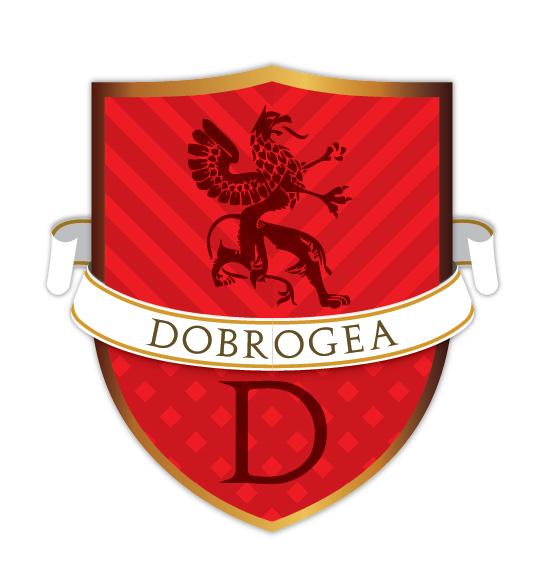
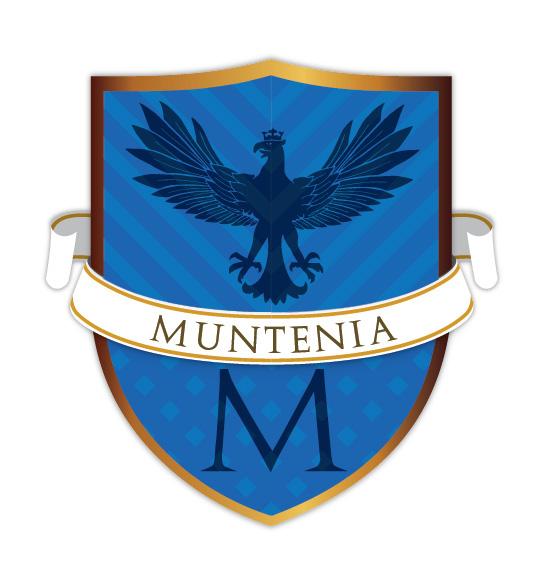

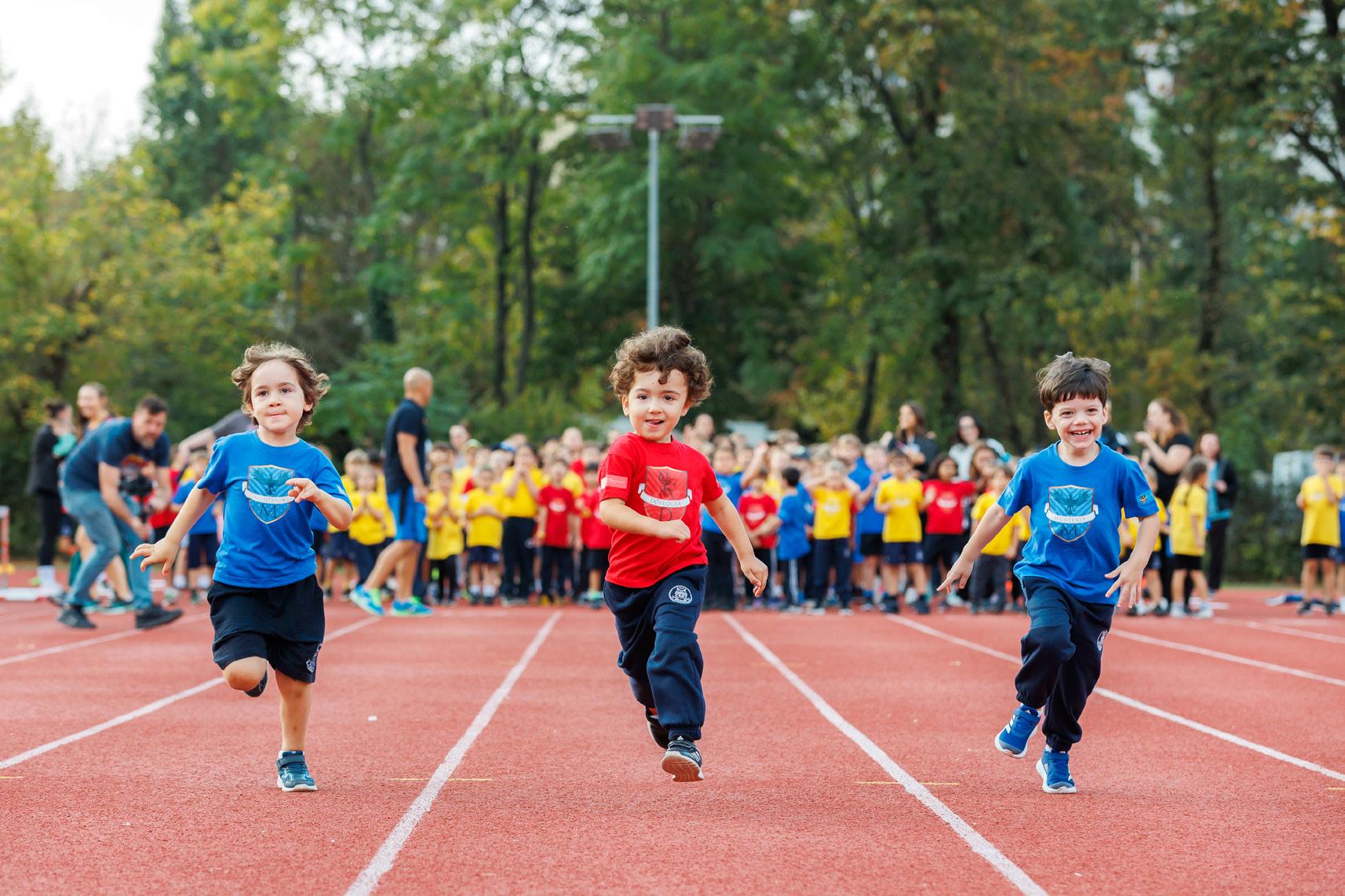
The Prefect System is an important aspect of life at IBSB. lt is comprised of outstanding 6th Form seniors in their final year, along with a limited number of exceptional Year 12 students. Ambassadors are selected from the Year 6 class to represent the primary school in the Pupil Parliament.
Ambassadors and prefects assist new students in their adjustment to IBSB; they act as liaisons between students and faculty; they act as ambassadors of the school touring parents around the campus at special events; they help the teachers run the school in many areas. As a part of their function, they have regular meetings to discuss the problems that they see arising in the school and work together as a team to solve these problems. Through these
regular meetings with the staff, they also help plan social and educational activities for the school. In this way they function as an integral extension of the faculty and school administration.
Ambassador and Senior Prefect selection is based on academic performance, character, behaviour, and attendance. Students need to attend IBSB for a minimum of 2 years and have a B-A* academic record in Y11 to apply for a Senior Prefect position.
Head Girl and Head Boy are positions awarded to a Year 12 senior prefect moving forward to year 13, with an A-A* average, who embodies the IBSB Core Values and is a role model of High Performance Learning.


“The school is like an extended family, not just the students but the teachers too.
Former Student “


Clubs
At IBSB, we are committed to the social, emotional. physical. creative, and intellectual growth of our students. As a part of our approach to the development of the whole individual, we encourage our students to participate in as many school clubs and extracurricular activities as possible. Club activities range from academic pursuits, such as debating and Kangaroo Mathematics, to art and craft activities, sporting activities, and leadership building clubs such as the lnternational Duke of Edinburgh Club and MUN Club.
Clubs typically on offer include:
Key Stage 1
Swimming Advanced
Colouring and craft
Story Telling
Karate
Puzzle
ICT Club
Mystery
Swimming Beginners
Early Explorers
Piano
Tennis
Lego Club
Fun Maths
Ballet
Chess for beginners
Painting Club
Sportive Dance
Building Club
Mandarin
Guitar

The aim of the club programme is to provide students with the opportunity to socialise across the year groups outside the classroom, and to experience a wide range of new activities in the hope that they might discover an interest or activity that may grow and mature into a lifelong passion.
A club letter is sent out at the start of or end of each term inviting students to join clubs. Please be aware that the list of clubs
available for each term will vary from term to term depending on the weather and the interests of students and teachers. The majority of clubs are offered at no charge. Where outside facilities or an outside instructor is used, a charge may apply. We also encourage our parents to get involved with clubs, and so if you have a special skill and would like to offer help with a club, please contact the school office.
Key Stage 2
Cricket
Swimming Advanced
German
Painting Club
Jewellery making
Piano
Public speaking
Guitar
Creative Thinking
Karate
School Show
Swimming Beginners
Homework Club
Art & Craft Club
Football
Film Club
Young Voices Choir
Swimming Advanced
Crosswords
Chess
Sportive Dance
ICT Club
Creative Writing
Junior Engineers
Spanish
Mandarin
Mindfulness
Tennis
Hebrew Debate
Key Secondary
Running Club
The Art/Photoshop Club
Football
French Club
German Club
Tennis Club
Life Skills Club
The Living Planet
Chess Club
Cinema Club
TIV Math Fighter
Model UN
Hockey Club
IBSB Public Debating Club
Swimming Club
IDOE lnternational Award
Mandarin
Virtual Lab Simulation

From running events and campaigns, to having a genuine say on how the school works, the elected class representatives Student Council members play a vital role in advancing the social and civic development of the student body.
The Executive Committee is chaired by the Head students, with elections taking place to select the class representatives, in both the Primary and Secondary Schools, at the start of Term 1a, usually in the second or third week of school. One student from each class is selected as the class representative to serve of the relevant student body, which
An important part of their job description, student representatives are required to carry out questionnaires and actively seek student feedback from their constituent classmates in order to represent the students effectively in the best tradition of a well organised democracy. If students have an item they would like raised at the Student meetings. They are encouraged to approach their Student Class Representative, who can then request that item to be added to the next meeting agenda. All Student representative meetings are minuted, with the minutes posted on the Student noticeboard and Google
In addition to organising student social events, such as the Senior School Winter Ball and Spring Fling, the Key Stage Three Halloween Party and various Valentine’s Day Activities, the Pupil Parliament Student Executive Committee also takes an active role in organising regular Community Action Service fundraising events throughout the year, including Bakes Sales, Charity raffles, and back to school collections, etc., to support

Some of the projects initiated by the Student representatives within school include, for example, promoting healthier lifestyles, as a part of the World Health Day Celebrations, and serving as a voice on the School Food Committee, to ensure students are able to contribute suggestions to the school lunch menu.
For students interested in becoming a Senior School Prefect in Year 12, running for Student Executive election is an excellent way to show your commitment toward your fellow students and your dedication to serving the wider school community.



As an inner city school, it is easy for students at IBSB to take advantage of the many wonderful educational opportunities available outside the school gates. We like to think of the school campus as a gateway to the many learning opportunities available in the community of Bucharest and farther afield. Teachers are encouraged to actively seek out opportunities to connect classroom learning to real life experience, and what better way to learn about an eco-system than to study it first-hand in a local park.
Most weeks we have class trips organised and on some weeks there may be as many as five or six trips planned across the school, with students heading out to visit the local fire station, the British Council library, the Bucharest Stock Exchange, a local farm to study agriculture production, or a factory to study how yoghurt is made. We also have Community Action Service trips going out each week to one of the many community partners that we work with as a part of the 6th form CAS Programme, such as Speranta pentru Tine, Touched Romania, Second Chance, and Light lnto Europe, to name just a few.
Teachers accompany all school trips with a ratio of 1 to 4 (EYFS),1 to 6 (Years 1-3), 1 to 12 (Years 4-13), and in the majority of situations these trips are financed within the standard school fees.
Below is a list of some of the day visits that took place last year:
• Foisorul de Foc
• Archery Trip
• The Bucharest Zoo
• Farm Trip to “Fermina Marisan”
• National Geology Museum
• Ar Rahman Masque
• A Fabric Factory
• The French lnstitute
• Heidi Chocolate Factory
• Lemniko wooden toy workshop
• lmax Cinema
• National Military Museum
• Village Museum
• Botanical Gardens
• “Antipa” Natural History Museum
• Second Chance
• The Goethe lnstitute
• The British Council
• People’s House
• Fundeni Paediatric Oncology Hospital
• Fundeni Hospital
• IOMC Hospital
• Casa Agar Maternal centre
• The dog shelter in Tantava
In addition to these trips listed, there are also a number of interschool trips for debating and public speaking events and various sporting events and competitions.
Residential Trips are a very popular addition to the school curriculum with students. Whilst being a fun bonding experience for students, residential trips complement the learning that goes on within the classroom, helping students to think outside the box and beyond regional and national boundaries, challenging the student perception of the world and how it works, and in some situations offering students the chance to use a language being learnt in one of their MFL classes.
In addition to the class trips and Ski Trips, IBSB also run a number of trips relating to subjects taught, including MFL,Geography, and History.
The following is an outline of typical class and residential trips planned during the course of the year.
• Primary Key Stage 2 Trips to Brasov/ Rasnov/ Zarnesti 1 Predeal/ UK
• Key Stage 3 Outward-bound Trip
• Key Stage 4 & 5 University Trips
• Year 7- 1O End of Year Trips (e.g. France, ltaly. Spain,Greece)
• Year 6 - 13 MFL Trips
• Primary School Ski Trip (e.g. Poiana Brasov)
• Secondary School Ski Trip: lnternational

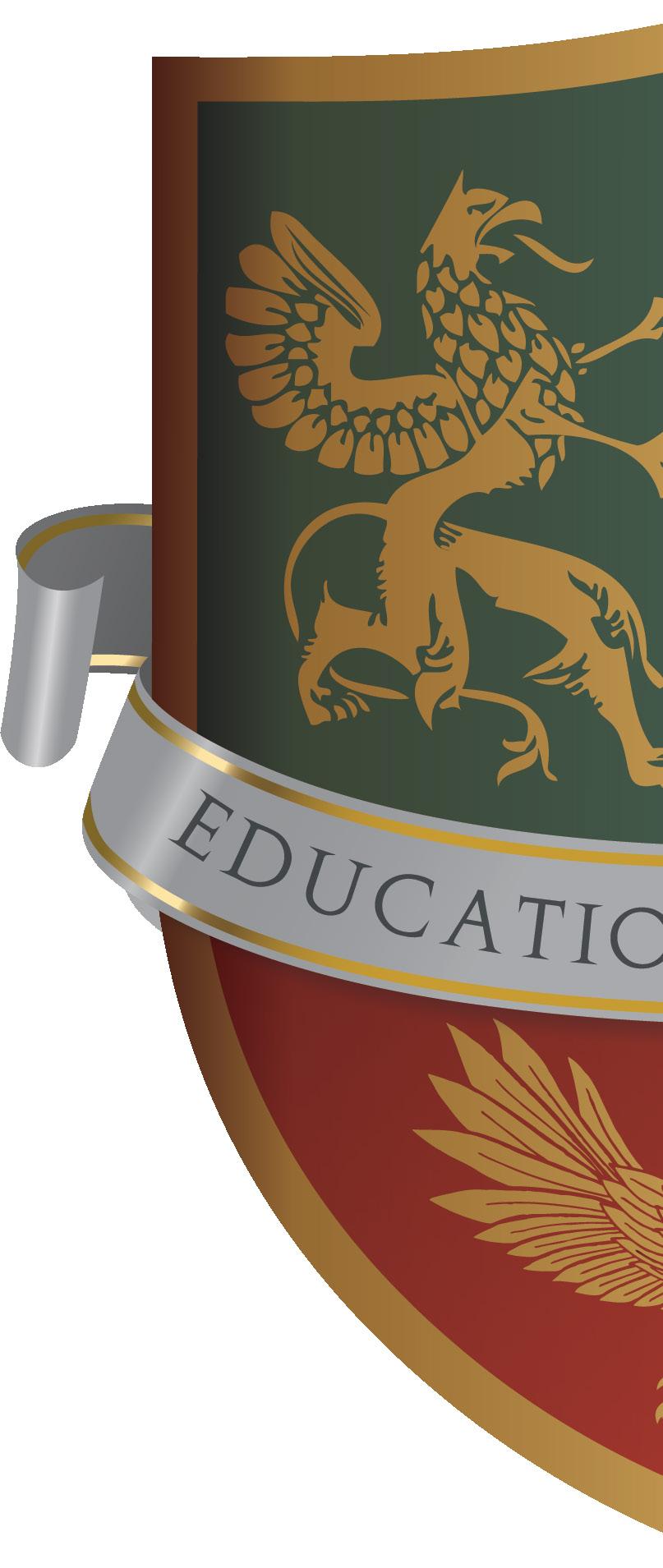


IBSB is a registered centre for the lnternational Duke of Edinburgh Award Programme, widely recognised as the world’s leading youth achievement award. Staff at IBSB receive accredited training as DOE Leaders and Assessors and are actively committed to offering this programme to all students in Years 10-13.
All students at IBSB have the opportunity to go away on a Year 1O Outward Bound Trip at the start of the school year. which is the officially introduction to The Duke of Edinburgh’s lnternational Award Programme. Although not a compulsory part of the IBSB curriculum, we consider this programme an integral part of our educational experience and students are actively encouraged to complete the Bronze Award whilst in Year 1O, with the opportunity to complete their Silver Award in Year 11, and their Gold Award in Years 12 & 13. Awards are given out at formal events, with the Gold Awards officially presented to our students by the Romanian Royal Family. The Awards are recognised by universities around the world as an indication of character and community commitment.
The Award is comprised of three levels and four sections: service, skills, physical recreation, and adventurous journey. Participants complete all four sections at each level in order to achieve their Award. At Gold level, participants also complete a Residential Project.
Bronze
For those over 14 years old (Year 10)

For those over 15 years old (Year 11)
For those over 16 years old (Year 12 and 13)
The Service section of the Award encourages young people to volunteer their time to understand the benefits of their service to their community. Participants are required to give service (volunteer) over a set period of time that enables them to experience the benefits that their service provides to others. Encouraging healthy behaviour has benefits, not only for participants but also for their communities, whether through improved health, or active participation in team activities. This Section specifically aims to improve the health, team skills, self-esteem, and confidence of participants.

Music - singing, learning to play an instrument, music event management
Sports related - sports officiating, refereeing, sports ground maintenance
Arts and crafts - ceramics, jewellery making, drawing, painting, sculpture, photography
Nature and the environment - agriculture, astronomy, bee keeping, conservation, fishing, forestry, gardening
Communication - film and video, languages, reading, writing, public speaking, journalism, website development
Games - billiards, snooker or pool, chess, darts, backgammon
The Physical Recreation section of the Award encourages young people to participate in sport and other physical recreation for the improvement of health and fitness. Encouraging healthy behaviour has benefits, not only for participants, but also for their communities, whether through improved health, or active participation in team activities. This focus specifically aims to improve the health, team skills, selfesteem, and confidence of participants.
Ball sports - football, rugby, volleyball, basketball,cricket,golf, tennis
Athletics - running, jumping, throwing, biathlon, triathlon, decathlon
Water sports - canoeing, kayaking, swimming, water polo, diving, kite boarding
Winter sports - skiing, snowboarding, curling, bobsleigh, ice hockey
Martial arts - karate, judo, kickboxing, boxing, taekwondo, kendo
Animal sports- horse riding, polo
The Adventurous Journey section encourages a sense of adventure and discovery, whilst undertaking a team journey or expedition. As part of a small team, participants plan, train for, and undertake a journey with a purpose in an unfamiliar environment. The journey can be an exploration or an expedition, but must be a challenge. The aim of this Section is to provide participants with the opportunity to learn more about the wider environment, as well as to develop their self-confidence, team work, and health. Participants are taken out of their comfort zone, but kept within a safe and secure setting, achieved through suitable training and supervision.
Examples of Adventurous journeys (explorations and expeditions)
Exploring the natural world: glaciation, erosion,geology, coastal studies.
Exploring river valleys, plant studies, exploring human impact: visitor pressure in national parks, pollution. Carrying out health surveys or health education in a remote area.
“ “ The school aims to provide a safe, happy and supportive learning environment which values academic success, high moral standards, self-discipline, and mutual respect for cultures, opinions and values of others.
ISI Inspection Report



CAS is an important part of life at IBSB, involving our entire school community. Students, teachers, and parents actively contribute to sustainable development and charitable projects, supporting various causes, both local and further afield.
This programme is based on voluntary involvementin the primary school and years 7-11, according to personal abilities and preferences, with the aim of developing a healthy community oriented perspective and key life skills, which are fundamental aspects of our educational vision. CAS offers everyone the opportunity to take the initiative, plan their own projects, and learn to co-operate with others in a safe, positive environment. Furthermore, it allows the ones involved to become responsible for their own actions and to realise that they can make a difference.
In the Primary School, the involvement is project-based and ongoing. We regularly organise events to raise money or to collect food, clothing, toys, and baby care products which we then direct to where they are most needed. We support the training of guide dogs for the sight impaired, encourage fostering and adopting rescued animals, reuse and recycle paper, and pen-pal with children hospitalised for long periods of time due to severe chronic diseases. Our junior students find out very early that they can make a positive contribution to their local community.

Our Secondary School Students organise their work according to their personal interests, availability, and specific set of skills, participating in regular activities that are advertised in school. CAS takes place both at the class level, with classes working on specific projects, but also
In the Sixth Form (Years 12 and 13) have one timetabled lessons each week to conduct community work as volunteers for the causes and organisations they choose to support. With the help of their supervisors, they take responsibility for the research, planning, and realisation of their objectives - community action service provides the perfect opportunity to find creative solutions to problems, to develop teamwork skills, and to take on leadership roles.
We currently work with eight local organisations:
Speranta pentru Tine
Touched Romania
Fundeni Hospital
IOMC Hospital
Light lnto Europe
Paper Tree and Environment Committee
Bruno Animal Rescue Shelter
Cartile Copilariei
At the start of each year, the Year 12 and 13 students apply to join one of the CAS projects available, going through an interview as a part of the selection process. Once placed into a group, the students receive training in regard to their specific project to help prepare them to go out to work in the community and to be effective in working toward the aim of the project they are on. At the end of the year each group presents their project at a CAS Gala to the parents, with their overall effectiveness being assessed.
The pupils have a clear understanding of right and wrong, as seen in their excellent behaviour, and a strong moral sense, which drives them to consider the needs of others and support the many charity initiatives.

The lnternational British School of Bucharest offers students in Year 12 the chance to participate in our annual Work Experience Programme. This programme takes place in June, after students have completed their A Level exams, and is a good way to finish what we hope has been a great year with significant progress made, and with many achievements experienced on both a personal and academic level, forming the base for future success. At present we have active links with over 30 leading companies from different sectors of industry.
Work Experience is an important component of our curriculum providing students with the opportunity to experience working in an industry or sector that is a future possible career choice. This programme is intended to offer students a taste of working life, to see what skills are needed in the workplace, as well as a chance to try out an occupation they may want to follow.
This programme is effective on a number levels, for some confirming a future career choice, whilst for others indicating that a certain career is not what they dreamed it to be, offering the student an early opportunity to re-orientate their studies toward another career more in line with their talents and abilities, expectations, and preferences.
A Level is never an easy time for students, who are often restless and eager to move on to university. The Work Experience Programme has traditionally been effective in helping students to remain focused on their studies, placing their current work in the perspective of a very real end goal. For some students this programme is a life changing experience offering them the direction they lack and a reason to work hard toward a known goal.
On completion of their Work Experience Programme, students receive a “Work Experience Diploma”, which is an important addition to their Graduation Portfolio. They also receive Letters of Recommendation from our partner companies, and together these meet the requirements and weigh substantially as a component of university admissions.




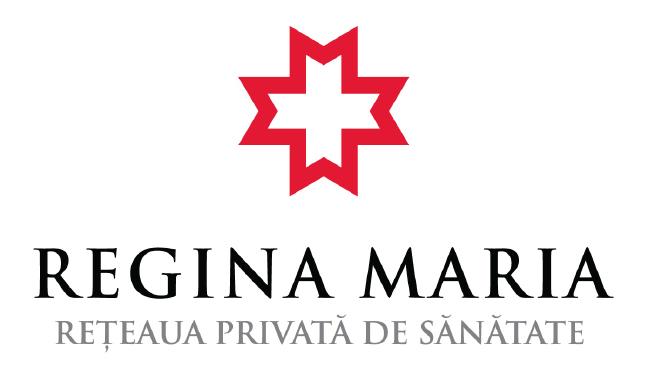



























“ “ Pupils have a strong awareness of the strategies to keep mentally fit and safe.



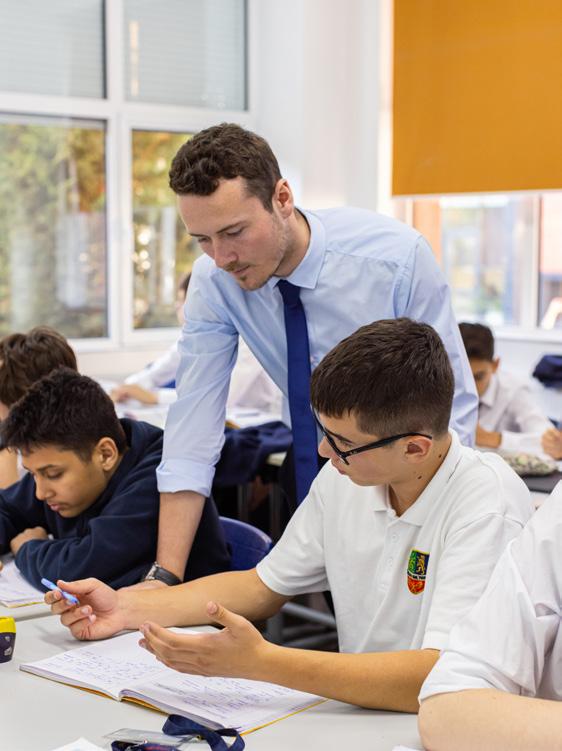

Communication is the key to ensuring the academic success of students at IBSB. From the very start of the year, we work hard to ensure that the lines of communication are open and working properly.
In the first few weeks of term, you will have the opportunity to meet the class teacher or form tutor in an informal friendly setting at a coffee morning, to discuss any aspects of the school curriculum that interest you. This is also an opportunity to meet other parents of children from the same year group. During these coffee mornings a parent representative will be chosen to attend the % termly PTF meetings to represent that class and discuss up-and-coming school events.
Throughout the course of the year there will be the opportunity to attend formal parent-teacher meetings online or in-school to discuss the progress of your child. In the majority of cases, these meetings will be preceded by a school report that will go out to you via Kinderpedia.
The IBSB Newsletter, sent out to parents at the end of each week includes information about the things that have happend during school week and any upcoming future events.
Connect to the IBSB Facebook page, and lnstragram account through your browser or handheld device to receive the latest articles and daily updates about schoollife. In the Primary School, each class has a Google Classroom page with planning and homework uploaded on a weekly basis.
One way to monitor what is happening on a day to day-basis is through the school online tracking system. At the start of each year parents are sent a login name and password. From this online system, you can access termly reports, reviews, email corespondence, monitor class attendance, and also monitor student behavior in the secondary school through the merits and warning system
We view parents as key partners in the educational process, to ensure we are able to successfully support each and every child on their personalised learning journey. At various times throughout the school year, we will reach out to the PTF and the parent body, seeking input on a new initiative being considered or feedback on the programme in general or a specific aspect of the programme to ensure we have the data needed to make the best possible decisions for our students. Working closely together with all key stakeholders is essential if we are to continue to raise levels of progress and attainment, whilst maintaining the health and wellbeing of our students and staff. We look forward to working with you to support our children in turning their dreams into reality.
Parents workshops take place at regular intervals throughout the school year, covering a wide selection of topics to support parents to be effective at partners in the educational process. Workshops typically take place on Thursday mornings, in combination with the weekly PTF Coffee Morning, starting at 09:00am and finishing by 10:00 with Q&A time included. Workshops are offered by the teaching staff, student counsellors, and members the senior leadership team, covering a wide range of topics, from child safeguarding to the IBSB Curriculum, University Applications, and the School Development Plan. Food and refreshments are available from the school cafeteria.


TThe school has in a place a comprehensive Whole School Health and Safety Policy, to ensure the necessary protocols and procedures are in place to provide a safe environment learning environment for our students, staff, and visitors. The policy is reviewed on an annual basis, updating the procedures and protocols as required, in accordance with best international practices, but within the context of Romania. In many situations, the Health and Safety protocols and procedures in place at IBSB far exceed the minimum requirements for schools within Romania.
Clear entry and exit procedures and protocols are in place for students, staff, and all visitors, including parents (Refer Visitors Policy on school website). All students in EYFS-Y11 are required to wear a school uniform, with Y12 & 13 students adhering to the Sixth Form dress code. Entry and exit to the main campus is through the main gate, via the Parent’s Waiting Area, unless advised otherwise. Only students and staff may pass through the turnstiles, from the visitor’s waiting area, into the main campus unattended (using their student swipe bands and staff ID cards), with staff required to wear a staff badge at all times whilst on campus.
All EYFS and Year 1 students will be required to undergo basic triage before entry into school. Any student showing signs or symptoms of being unwell should remain home until fully recovered. Any student entering school or in school considered to be unwell will be assessed by the school nurse, and if appropriate parents contacted and asked to collect their children at their earliest possible convenience.
Any visitors entering the main campus must register at the Reception Area, wear a visitor’s badge, and be accompanied by a member of staff at all times whilst on campus, returning the visitor’s badge at the point of exit.

During a pandemic, students and staff entering the campus may be required to follow the additional protocols and procedures in place, with visitor admission to the office administration area only as required. Any and all admissions into the Sixth Form Campus must be through the Sixth Form office administration building.
The school has a purpose built medical room, staffed by a full-time, qualified nurse from 8.00am-5.00pm, Monday-Friday. Triage is carried out for EYFS and Year 1 students at point of entry, with basic medical checks taking place as needed during school hours. Students requiring medication will be required to complete the necessary form, with medication stored safely in the medical room at all times, ready for administering as needed. On school trips, parents will be required to compelte the necessary form to ensure staff leading trips are able to administer medicine as required.
All teachers and administration staff, drivers, and cleaners at IBSB have completed Basic Medic First Aid training (3 hours), which is updated annually. In addition to this, EYFS Staff, Physical Education Staff, and other key staff complete the Paediatric Medic
First Aid Diploma (12 hours). Please refer to the Whole School Medical Policy and Medic
First Aid Policy for detailed information about medical protocols and procedures.
Fire/Earthquake/Civil/Emergency/Lockdown procedures are displayed in each classroom in the event of fire or earthquake. Staff receive annual training with regular fire alarm checks and a fire/earthquake drill once a half term and lockdown drill once a year, which is logged.
Smoking is not permitted anywhere on the school premises. Staff are also asked not to smoke directly in front of the school campus or in view of the school campus where students arriving and leaving can see them smoking.


Routes are planned to keep individual riding distance and time to a practical minimum. Due to bad traffic/weather conditions, it sometimes may take more than an hour for a pupil going to or from school.
Generally, buses will not enter non through streets and private property. Exceptions may be made if the bus needs to change direction and the street offers safer means to turn around. Parents will receive the pickup times by e-mail with confirmation of place on the school bus for their child(ren). Pupils need to be ready for pick-up at the designated time and place. Buses cannot wait for pupils for more than 5 minutes and will not return to pick them up if they have missed the bus.
Bus transportation is primarily designed for the transport of pupils from home to school and from school to home. Changes to bus routes must be communicated in writing to the school’s office. Cancellations of the bus on the day must be made by 12:00pm by calling/e-mailing the office. Notice of any change to the afternoon bus times (i.e. 3pm to 4pm) must be given 24 hours in advance. Stops must be the same location every morning and the same location every afternoon. lf permanent changes are needed (a different drop off or pick up location), parents must submit a request to the school office a minimum of 1 week in advance, by e-mail: office@ibsb.ro or by phone: +4 021 2531698.
Where possible, changes will be accommodated, but may not be possible due to the route taken.


“ “
As a school with a reputation for academic excellence, we pride ourselves on the fact that our graduating students are accepted into many of the top universities around the world each year.
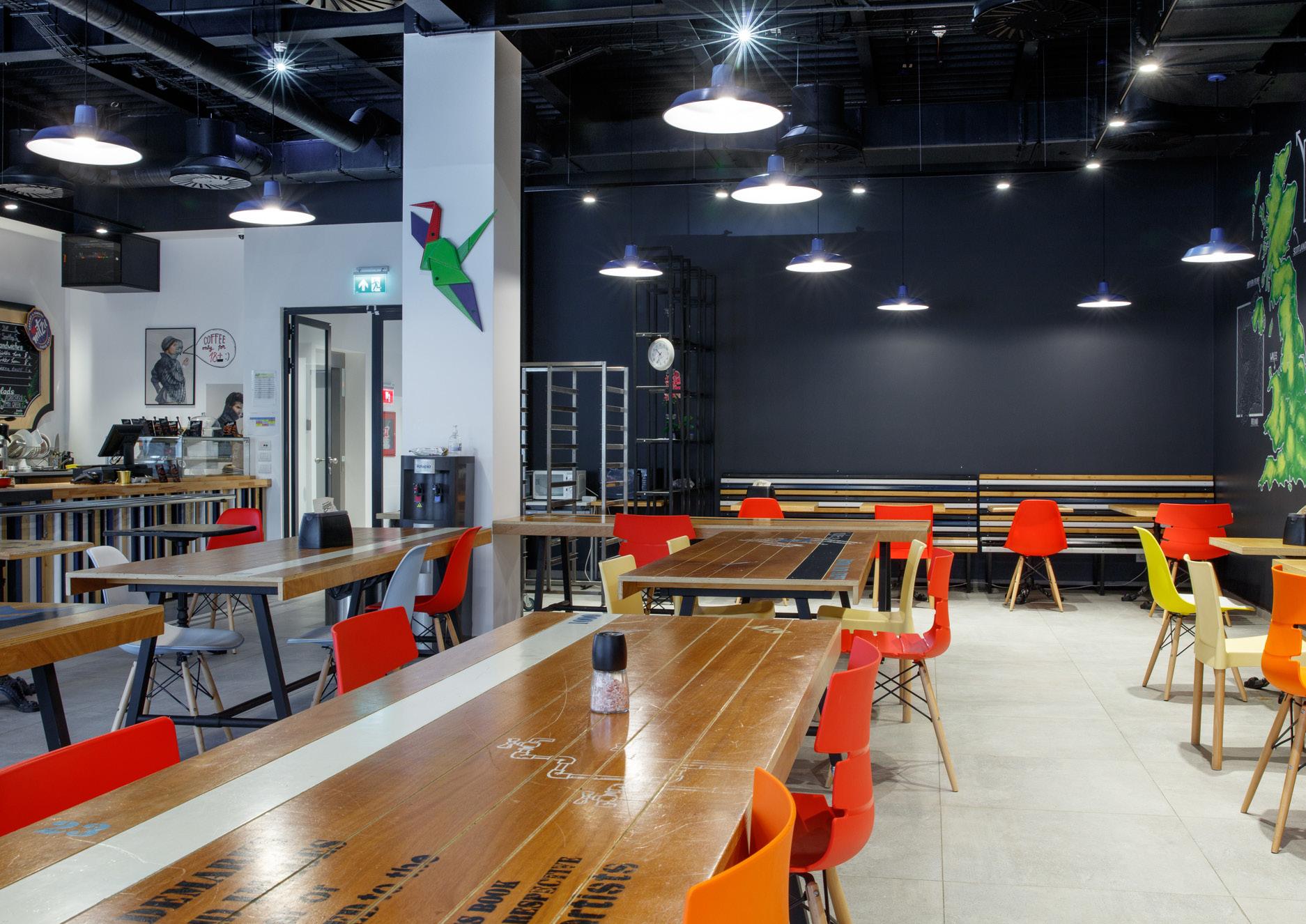



There are a number of choices available to students on campus in regard to food.
Students may opt to bring their own food each day with access to facilities to enable them to heat their food at lunchtime. Please note that fast-food, such as McDonalds, KFC, and Burger King is not permitted on campus and will be confiscated if found.
Students may also opt for the School Menu, which is provided by Flavours. lf you would like details regarding the price or if you would like to opt for the school menu option, please contact the school office to organise this.
There is also a School Cafe on campus, which is open from 8.30am - 4.00pm. The Cafe is wellstocked with a variety of healthy food and drinks, including a selection of sandwiches, hot and cold, combination meal packs, as well as a tempting range of freshly baked cakes and pastries. There is also tea and coffee on offer for the teachers and parents at the Cafe. All food is provided by Flavours.
And for students in the Sixth Form, there is the option of eating out as Sixth Students are permitted to leave the school grounds during break times, with several popular and affordable restaurants just a few minutes’ walk away.
Type of Food
Monday
First Course
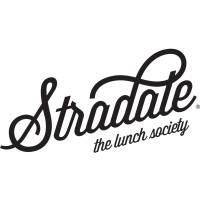
Sample Menu
Tuesday Wednesday Thursday Friday
Greek Chicken Soup
Feta & Tomato Salad
Dumpling Soup (gluten free)
Main Course Assorted Skewers with Rosemary Baked Potatoes
Baked Turkey Roulade with Mexican Vegetables
Desert
Fresh Salmon with lemon (gluten free) Oven baked potatoes & Vegetables / Baby Spinach Salad
Fruit Tiramisu Fresh Fruit Sweet Cheese Pie
Beef with Vegetables Soup Vegetable Cream Soup Spaghetti Bolognese Oven Baked Beef with Green Beans Fruit


IBSB operates on an Open Admissions Policy, accepting children into the school throughout the year. All applications for admission are given equal status by the school and no child is excluded on the basis of nationality, culture, religious beliefs, or academic ability.
Prior to enrolling, parents are required to meet with Head of Admissions and when possible, Executive Director and/or Head of Primary/ Head of Secondary.
To begin the enrolment process, please contact the school office or fill in the online form to organise an appointment to meet with the Admissions team.
Following your visit and in case of child’s enrolment agreement you will need to complete the application forms provided within the information pack.
When completing your application, you will need to supply the school with the following:
• All application forms completed and signed: registration form, medical form, financial agreement.
• A student reference form to be completed and sent directly from your current/previous school.
• School reports from the past three academic years (where applicable)
1. Parents receive a School lnformation Pack, including the Parent lnformation Handbook, a copy of TIV. and the various Application Forms needed to be completed.
2. During the admission meeting, parents have the opportunity to share information about their child with the Head of Admissions and to visit the school campus.
3. The Head of Admissions has the opportunity to provide feedback on admission assessments and discuss matters related to the specific student programme.
4. All parties are clear as to the admissions process and their obligations.

Please be advised that for some year groups, if no vacancies left, prospective students may be placed onto a waiting list.
If you are interested in enrolling your child at the International British School of Bucharest. please contact our school office to arrange a visit:
E-mail: admissions@ibsb.ro
Phone: +(40) 21 253.16.98
• 2 passport size photos of your child.
• A copy of your child’s birth certificate and passport/ID.
• A copy of both parents passports/IDs.
• A copy of marriage certificate (where applicable).
• In case of separation, a copy of child custody’s court decision.
Please note that all students enrolling at IBSB will be required to undertake Admission Assessments.
• For students in Key Stage 1, this will be in the form of a short interview and trial day.
• For Students in Key Stages 2-4 this will comprise of written English test, cognitive test, trial day and an interview.
• For Students in Key Stage 5, the assessment will comprise of written Mathematics and English test, cognitive test, trial day and an interview, plus the results of IGCSE exams (passed in the previous school or as an external candidate, in an accredited centre).
1. Brothers and sisters of student’s currently enrolled at lBSB
2. Partners of IBSB
3. All other applications on a first come first served basis



TThe PTF. stands for Parents, Teachers, and Friends, and is the reconstituted PTA (ParentTeacher Association). The PTF includes both current and past parents of students from IBSB who work alongside the Senior Leadership Team to help plan and organise school events. The PTF also organise a social calendar of events where parents can meet and socialise with teachers and other parents throughout the school year. These events are all posted in the school calendar, on the school website, in the weekly school newsletter, and monthly PTF newsletter.
We meet regularly at weekly PTF Coffee Mornings, which happen each Thursday in the school cafeteria from 8:30 to 9:30 am, with formal minuted meeting taking place. All parents receive several emails notifying them of the date of the next PTF meeting,well befare the meeting takes place, with several reminder emails befare the meetings. All parents are welcome to attend the meetings with nibbles and drinks available from the school cafeteria.
Our aim is to organize multicultural events, helping our children better understand each other. We are grateful to all parents involved so far, making IBSB such an international community.
To find out more about the PTF, please visit the PTF page on the school website, the PTF Facebook page, and read the PTF Policy. PTF elections take place in May, in preparation for the next academic year.
We look forward to seeing you at the next meeting.
IBSB PTF’s Motto
Don’t stand on the side-lines- Get involved! “ “



The lnternational British School of Bucharest is an accredited member of the following organisations:
IBSB was accredited as a BSO (British School Overseas) following a successful ISI inspection in November, 2014 and again in March 2018, with a new inspection due to take place in March 2022. lnspections are carried out every 3 years. Schools passing a BSO inspection are listed on the DfE website and are recognised as schools offering a British standard of education in accordance with the Curriculum of England; having succesfully passed our last BSO inspection, IBSB is now a fully accredited member of the worldwide AoBSO association.
The lndependent Schools lnspectorate (ISI) is a body approved for the purpose of inspection under Section 162A of the Education Act 2002. As such they report to the Department for Education (DfE) on the extent to which schools meet statutory requirements. (www.isi.net/ reports).
IBSB was the first international school in Bucharest to receive Romanian Ministry of Education ARACIP accreditation and as such our graduating students are eligible to enrol in Romanian Universities and institutions of higher learning. ARACIP accreditation reflects the quality, reliability, and comprehensive curriculum found at our institution.
IBSB became the first fully COBIS accredited international school in Romania, judged to have met specific criteria which includes; a high level of school development planning, the provision of a balanced and challenging curriculum, the recruitment and professional development training of qualified teachers and school leaders, and a range of policies which provide a safe and secure environment for children and adults to work within. AoBSO Accreditation ensures the quality of education provision is in line with the requirements set out by the UK Department for Education.
Cobis membership provides students access to a wide range of international events and competitions adding to the extracurricular enriching programme on offer to students at IBSB.
IBSB became an Accredited Edexcel Centre in June, 2012. Edexcel is one of the major exam boards for Key Stage Exams, IGCSE, and A Level exams.
IBSB is a fully accredited High Performance Learning (HPL) School and a member of the World Class Schools Fellowship, having received the World Class School Award in June 2022, which identifies IBSB as a leading school in international education.
As a High Performance Learning (HPL) School, parents can be confident that students enrolled at IBSB receive an exceptional level of education that is both supportive and challenging, enabling our students to achieve unparalleled learning outcomes, well above the UK national standard.
IBSB was the first school in Romania accredited as a Cambridge Assessment lnternational Examination Centre in 2001 and since this time has established a firm reputation as a school achieving outstanding examination results. Many of our students have gene on to study at top universities around the world.

IBSB became the first member of CIS in Romania in 2002. The Council of lnternational Schools (CIS) is the premier worldwide accreditation organisation for international schools. CIS Accredited Status demonstrates that a member school has achieved high standards of professional performance in international education and, as a commitment to continuous improvement.
Engendered within the High Performance Learning philosophy and framework, is the fundamental belief that all students have the capacity to be high performers. Students educated in schools committed to the High Performance Learning philosophy and approach not only achieve higher academic results, but also develop the characteristics of high performance that enable them to succeed later in life.
IBSB has been an accredited member of the lndependent Schools Council (ISC) since 2002. ISC brings together seven associations of independent schools, their heads, and staff, representing over 1,200 independent schools in the UK and overseas. ISC schools are regularly inspected by international inspectors and ranked among the best in the world, with an international reputation for excellence in academic education, high standards of pastoral care and exceptional levels of teaching. IBSB is proud to be a member of the ISC network of schools, with our students being accepted into the best universities around the world every year.
As a school focused on maintaining the highest standards in student achievement, we are committed to providing the necessary challenge to extend all students, including students performing at the higher level of the curriculum. Our strategic partnership with NACE helps us to maintain a high standard of teaching and learning for our more able learners, driving whole-school improvement and raising achievement for all.


21-25 Agricultori Street, District 2, Bucharest, Romania
Tel: +40 21 253 16 98
E-mail: office@ibsb.ro
